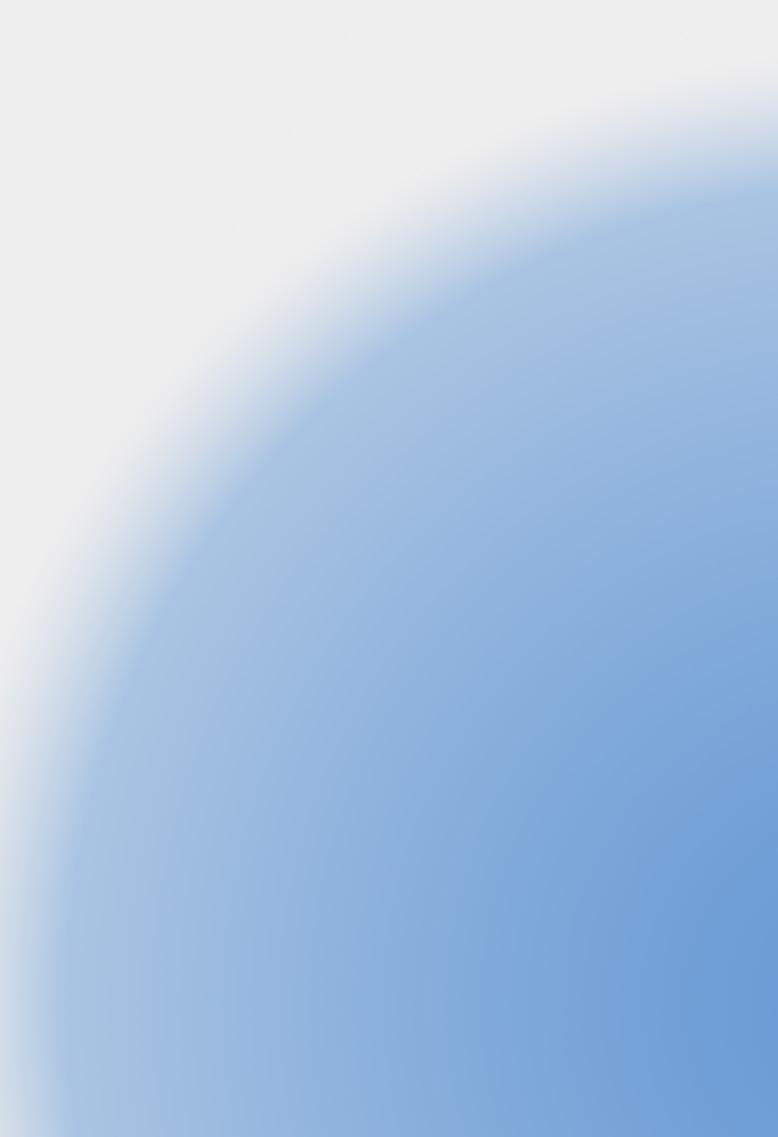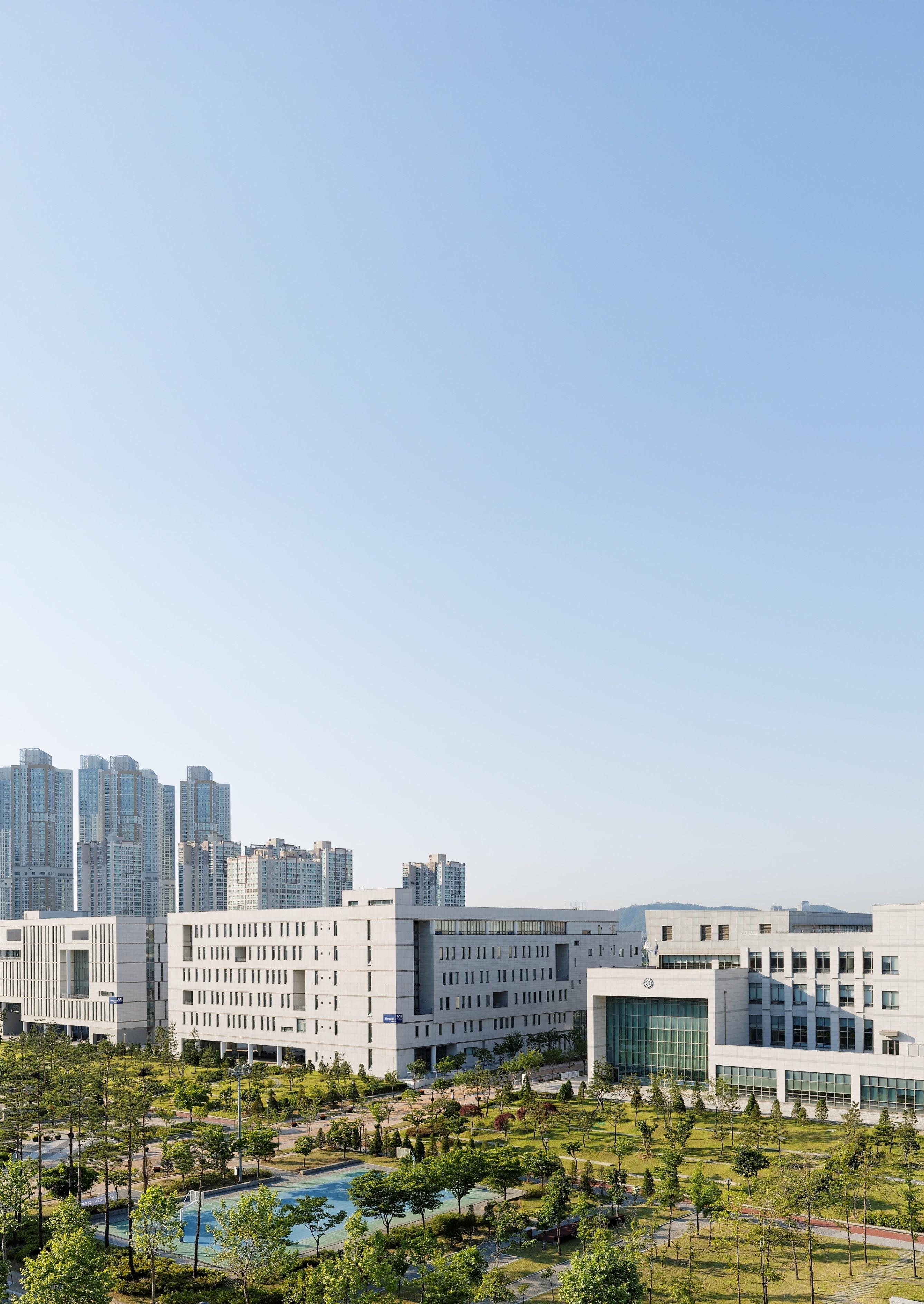
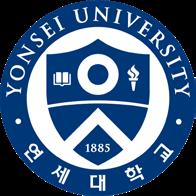



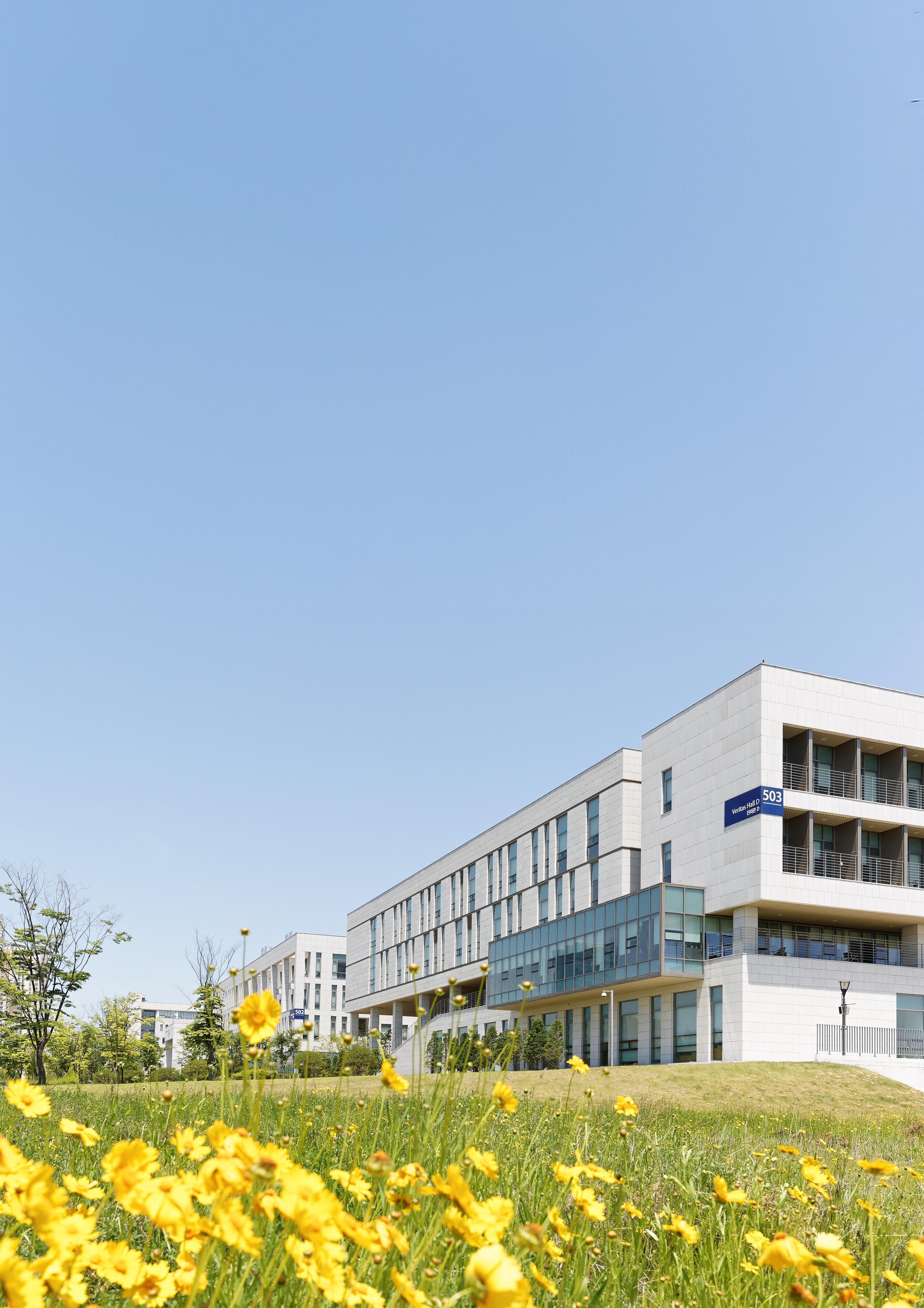

COLLEGE NEWS: 20th Anniversary
HBD UIC!: Messages from UICians Around the World
UIC’s 20th Anniversary Homecoming.
STUDENT NEWS
UIC Yonsei Graduation Ceremony 2025
Interview with 25’ Newest UICians.
2025-1 Global Seminar
Integrated Science and Engineering Division (ISED) Info Session
Information and Interaction Design (IID) Major Info Session
FEATURED: NEW FACULTY INTERVIEWS
Professor Jae Eun Shin
Professor Keungoui Kim
Professor Samuel Lim
ALUMNI NEWS
A Second Chance at Hello: The Making of a UIC Love Story
UIC Alumni Association President, Max Lee
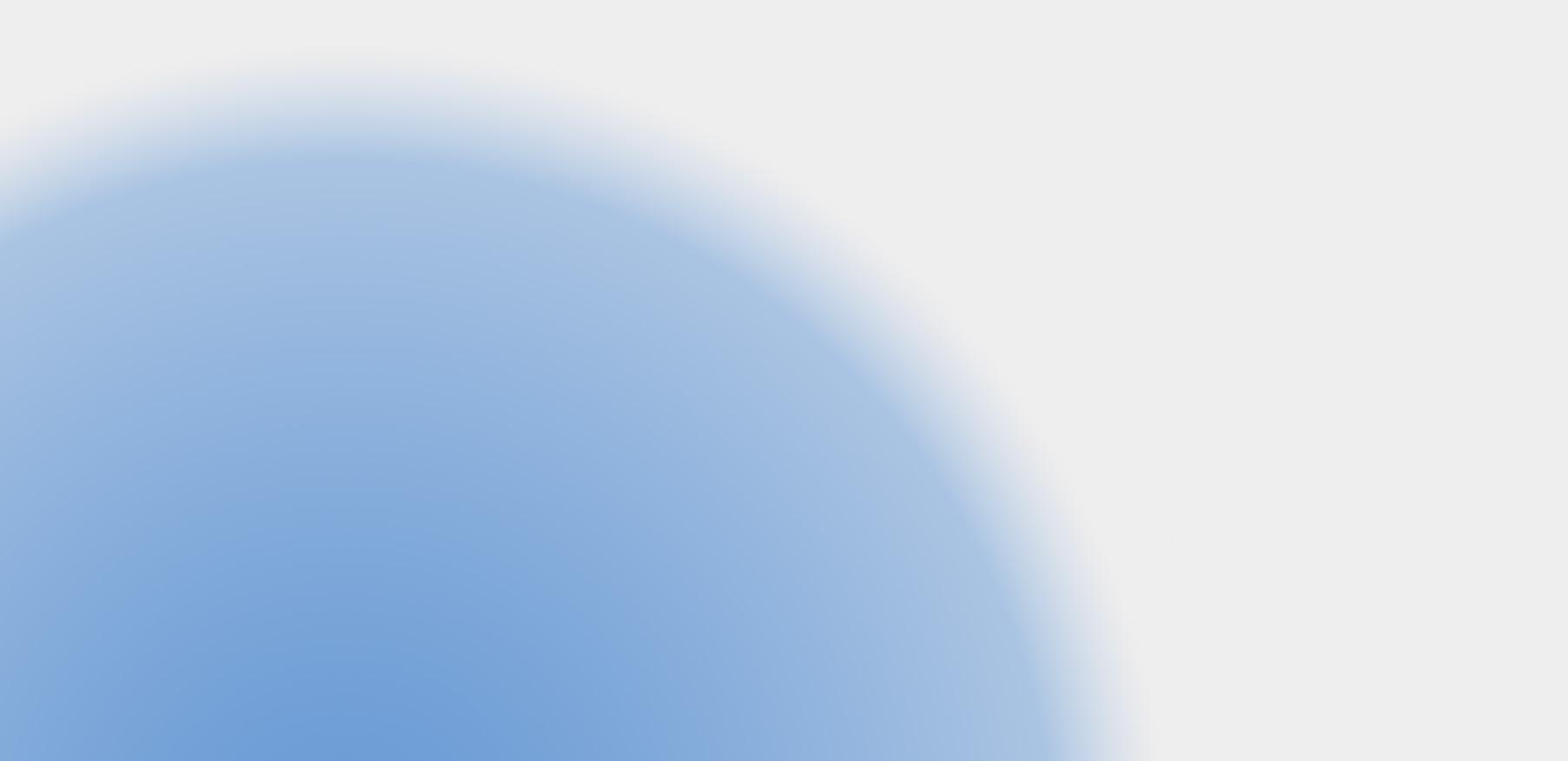
UIC Highlights
UIC Easter 2025
Make a Gift
UIC Development Fund Donors
Happy 20th Birthday, UIC! As we celebrate this special milestone together, our proud alumni worldwide have sent us heartfelt messages. Join us in reading these heartfelt words of pride, love, and encouragement from UICians worldwide.
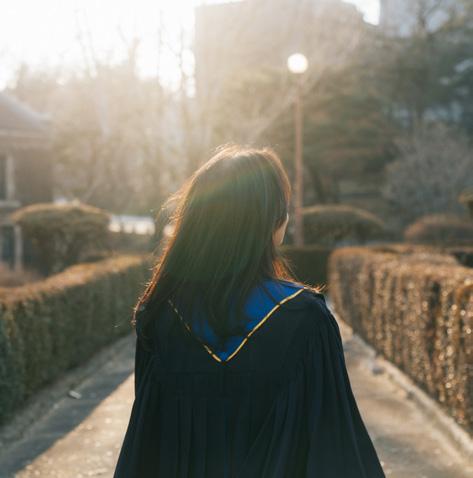
Congratulations on the 20th anniversary of the founding of UIC!
I believe that the many graduates and undergrads who are working tirelessly in various fields both domestically and internationally are contributing greatly to the globalization of UIC. It has been over 8 years since I started as a freshman at Yonsei, and thanks to the inspiring professors and pioneering graduates here, I have learned a lot and broadened my perspective. I would like to thank everyone who has made our department what it is today, and I will do my best to follow in those footsteps and make Yonsei proud. I hope UIC will continue on the path to excellence far into the future!
Soeun Lee (BC’17)
Congratulations on UIC’s 20th anniversary!
Being part of EESE laid the foundation for my commitment to solving environmental challenges through engineering, and I strive to grow as a researcher who contributes to sustainable and responsible innovation. UIC was more than a school; it was a community with a diverse academic environment and inspiring faculty that shaped the way I engage with the world and encouraged me to think beyond borders and disciplines. I’m proud to be part of UIC’s growing legacy and grateful for the foundation it gave me. Here’s to the next 20 years of impact and innovation!
Seohyun Kim (EESE’19)
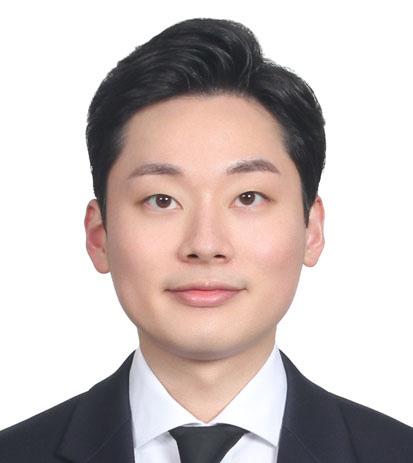
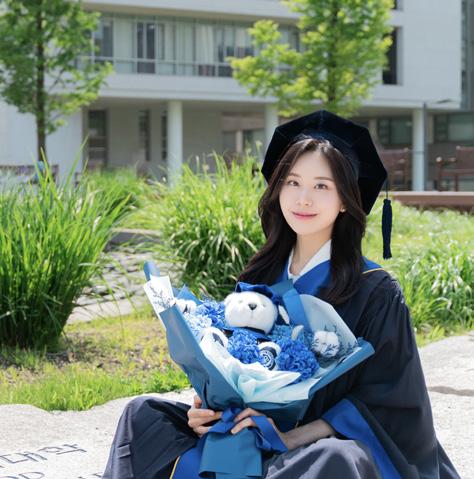
Congratulations on the 20th Anniversary of UIC
It’s an honor to celebrate this special anniversary. As a proud graduate, I’m grateful for the foundation UIC gave me, through its rich diversity, academic knowledge, and opportunities to grow. I sincerely thank all who have shaped its legacy. Wishing UIC continued growth, inspiration, and impact in the years ahead!
Jonghoon Oh (NSE’14)
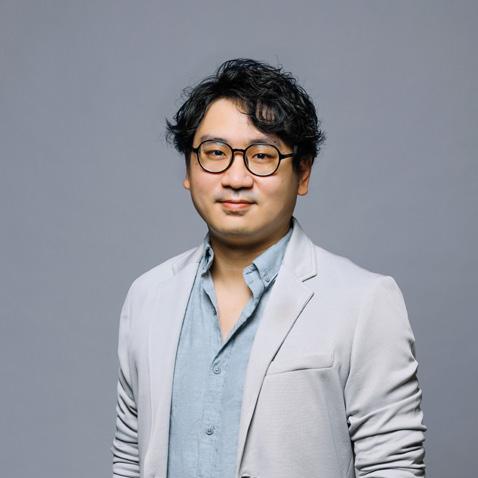
Nineteen years have softly flown, Since first I walked through halls you own. A step that shaped my heart, my mind, A light no years could leave behind. You were my ark, my guiding star, My tipping point, my door ajar.
To see you rise, so bold, so bright, Fills my proud heart with pure delight. May centuries yet sing your tale, May every dream here set its sail.
On the day of the Entrance Ceremony, the chilly air stung my nose, but my heart was full of excitement. I set foot on campus in the year of UIC’s 10th anniversary. Writing this message now, my heart is once again filled with the emotions of that day. My name is Seung-Yong Yoo, and I’m a Ph.D. candidate in Economics at Yale University. UIC has been a guiding compass on my journey. Through the Common Curriculum, I found deeper roots in life and values. Courses like Freshman Writing and Film Seminars turned me into a lifelong cinephile. Moreover, the ECON professors, whom I deeply respect, guided me toward the path I walk today. Though I still have much to learn, I always remember that my journey began at UIC. Congratulations on UIC’s 20th anniversary. I hope many more students will continue to discover and grow their dreams here, just as I did.
Seung Yong Yoo (ECON’15)
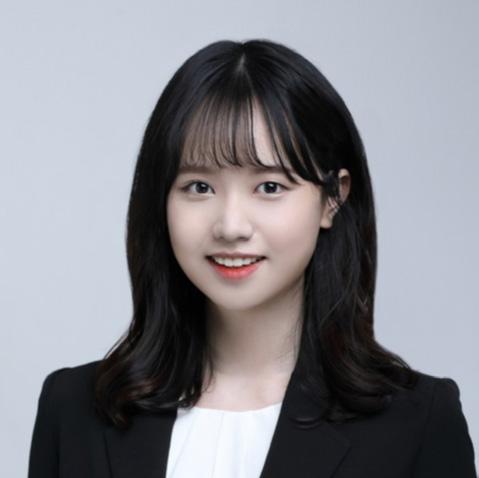
May minds you nurture strive, aspire, To lift our world with truth and fire.
Happy Anniversary, UIC! To founders and faculty—gratitude runs deep. To students and alumni—stand tall, shine far. Thank you, dear UIC—my North Star.
Terry Santoso (IS’06)
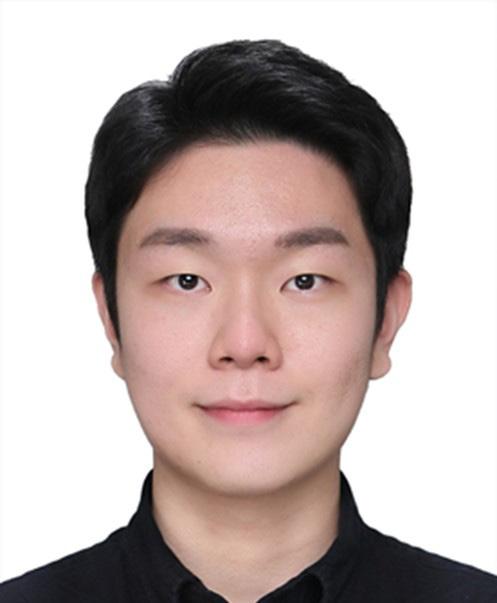
Dear UIC, Congratulations on your 20th anniversary! As an ISED graduate, I am truly grateful for the education and support I received at UIC. The academic rigor, global perspective, and encouragement from professors gave me the confidence and foundation to pursue my Ph.D. studies in the United States. UIC was more than just a school; it was a community that empowered me to dream big and think critically. Wishing UIC continued success in shaping future global leaders!
Eunjeong Jo (NSE’18)
Congratulations to UIC on its 20th anniversary! Thanks to the dedicated mentorship of my professors, UIC brought me closer to my dream of becoming a U.S. attorney. Even now at Columbia Law School, the support of UIC alumni in New York reminds me of the strength of our community. I am grateful to be part of this incredible network and look forward to contributing as a proud alumnus as UIC continues to inspire future generations.
Nael Kim (ECON’17)
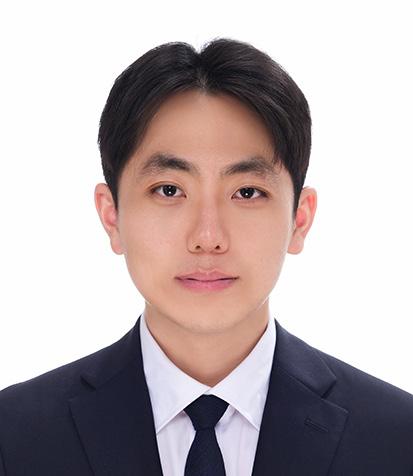
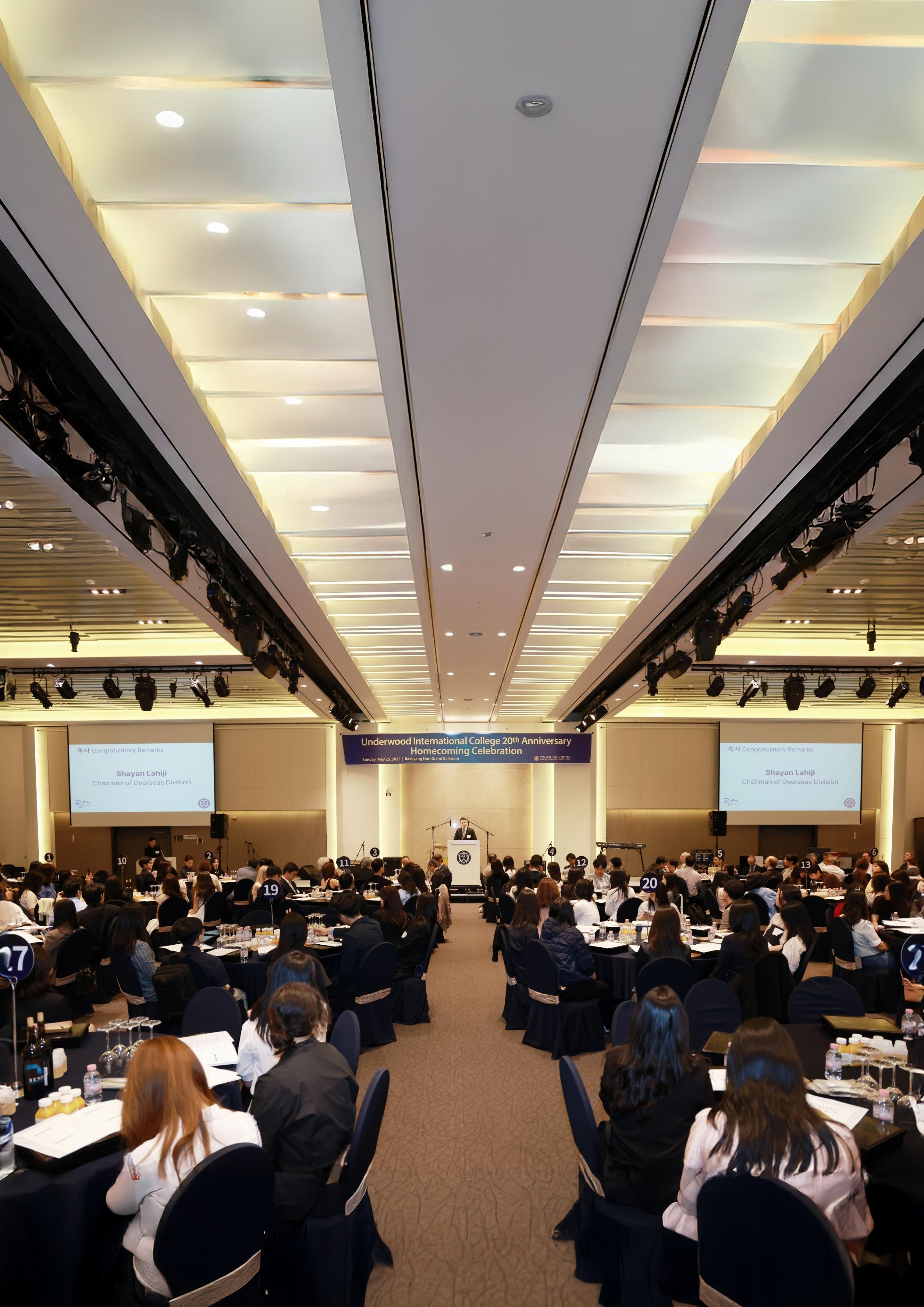
Celebrating Two Decades of Excellence:
On May 25, 2025, UIC commemorated its 20th anniversary with a special alumni homecoming event held at Baekyang Nuri on the Sinchon campus. More than 300 participants, including alumni, faculty members, and distinguished guests from both within and outside Yonsei University, gathered together to congratulate UIC on its 20th birthday.
The event brought together key figures from the UIC and Yonsei community, including President Dong-Sup Yoon; Mr. Peter Underwood, the great-grandson of Yonsei’s founder H.G. Underwood; Board Member Il-Sun Yang; former Deans Hyungji Park, Jinbae Chung, and Helen J.S. Lee; and Vice President for External Affairs and Development Jong-Baeck Lim. Most notably, alumni spanning from UIC’s inaugural class of 2006 to the latest graduates of February 2025 reunited to celebrate two decades of the college’s vibrant history.
The ceremony began with opening remarks from UIC Dean Doowon Lee, followed by a congratulatory address by President Dong-Sup Yoon. Heartfelt speeches were also delivered by UIC Alumni Association President Han Kuhm Lee (IS’09) and student representative Gyeongbin Kim (ECON’24), reflecting the close-knit spirit of the UIC

community. Showcasing the college’s global reach, international alumni such as Phuong Lien Le (ECON’06), former head of the UIC Vietnamese Department, and Kai Qi Lee (ECON’07) shared video messages. Kyoung Ryul Lee, President of the Yonsei University Alumni Association, also sent a video greeting to mark the milestone. The attendance of Dr. Fakhraei Lahiji Shayan (LSBT’09) and Michael Sianipar (PSIR’07), who travelled from Indonesia for the event, added a meaningful international touch to the celebration.
The evening continued with a dynamic joint performance by UIC Band Nodaji’s YB & OB members, followed by a celebratory dinner. Alumni then took part in a lively UICthemed OX quiz, showcasing their ongoing love for and connection to their alma mater. The celebration reached its peak with an electrifying Akaraka performance that united the entire venue in spirited cheers, singing, and shared pride. In honor of UIC’s 20th anniversary, some alumni also pledged donations to the UIC Development Fund, expressing their dedication to supporting the college’s next chapter of growth, impact, and excellence. It was a night filled with joy, gratitude, and meaningful reconnections,a true celebration of two decades of UIC. Happy 20th birthday, UIC! Here’s to the decades ahead.


As the evening celebrated UIC’s past and future, one long-time faculty member reflected on the college’s remarkable journey.
Interview with Professor Hyunsang Kim
Being back at the same venue where we celebrated the 10th anniversary, I was filled with joy and awe, realizing just how far UIC has come. The students who once brimmed with both excitement and nervous energy have grown into mature, thoughtful individuals—each now making meaningful contributions to the communities they belong to. I feel truly privileged to have grown alongside UIC. Though I cannot say for certain what the future holds for UIC, one thing I do know is this: UIC will define what Yonsei University stands for in the years to come.
Happy 20th anniversary!
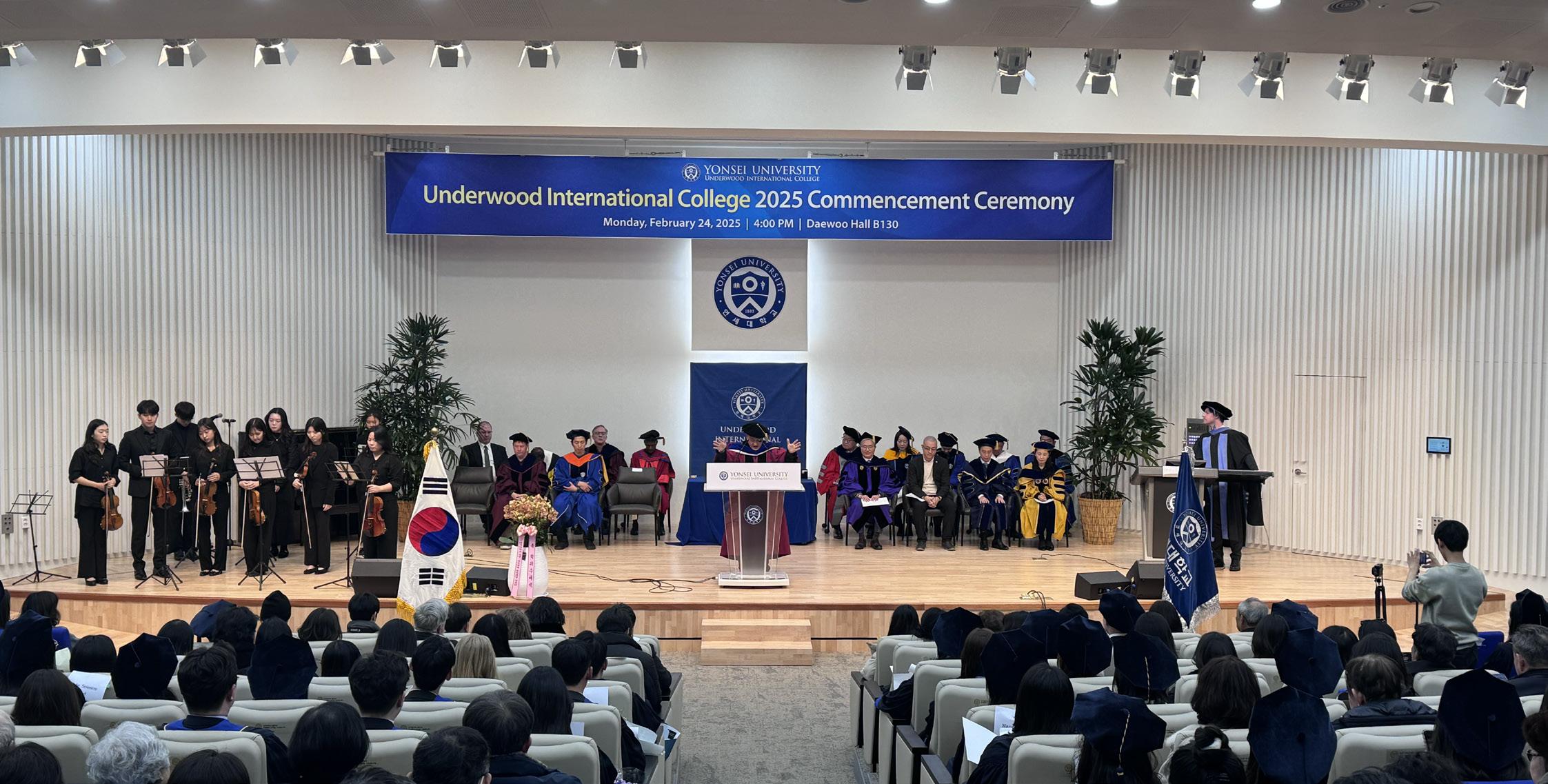
On February 24, 2025, the Underwood International College (UIC) at Yonsei University held its long-awaited graduation ceremony, marking both an emotional farewell and a celebration of resilience, growth, and community. As students from around the globe gathered with their friends, families, and faculty members in the heart of the Sinchon Campus, the air was filled with a mix of nostalgia, pride, and hopeful anticipation for what lies ahead.
Among the graduating class were students who carried with them diverse memories and plans for the future. For Solange Brigitte Sanchez Arevalo (CDM ‘20.5) from Ecuador, her academic journey at UIC was marked by moments of fear, growth, and eventual pride. “One of the moments I felt proud of myself was when I was taking a seminar class about historical papers. I wasn’t confident in writing essays at the time, but talking with Professor Hope helped me improve a lot,” she recalled. Solange plans to remain in Korea, applying for a D-10 visa and seeking career opportunities. Her advice to current students? “Just enjoy it while you can. We get so caught up in grades and being the best, but what matters are the friends, classes, and memories you make along the way.”
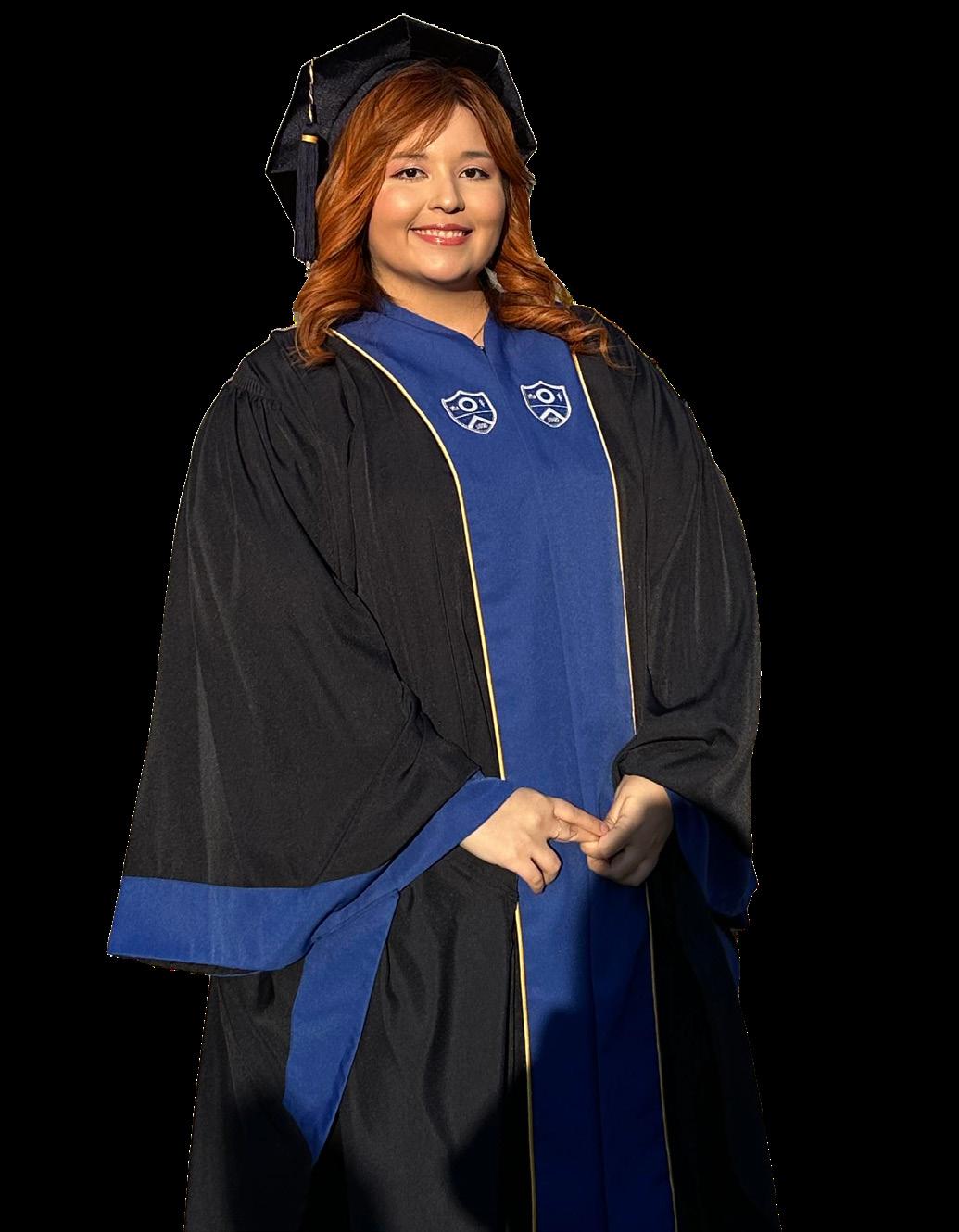
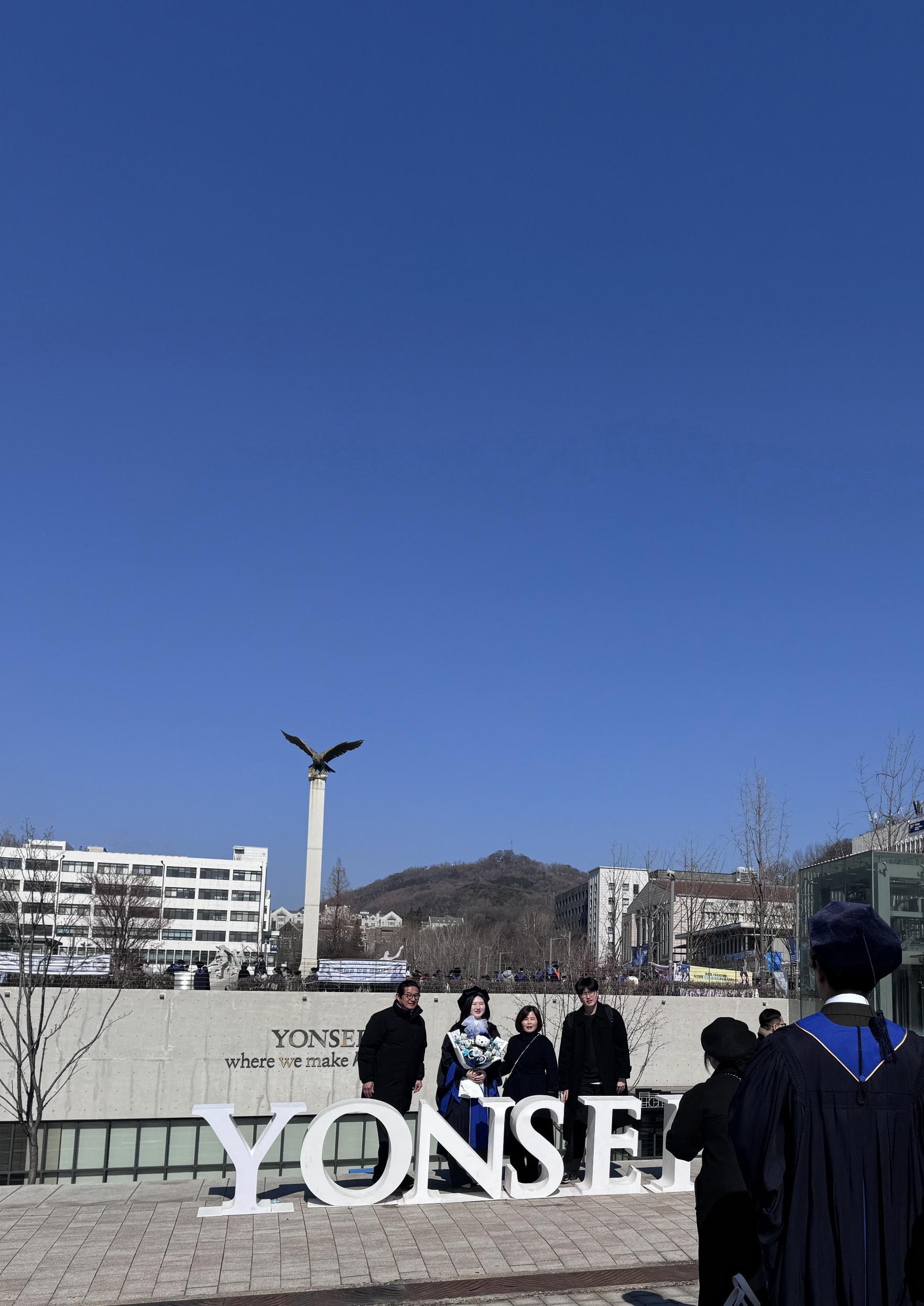
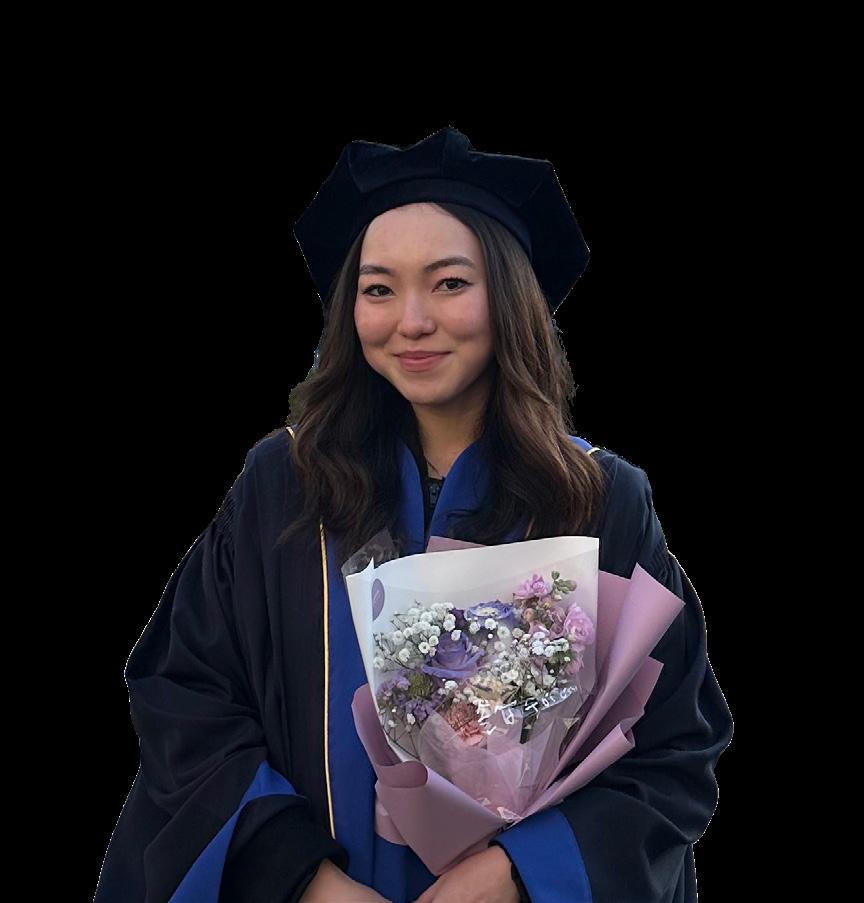
From Russia, Nadia Nadezhda Dmitrieva (CTM ‘21) shared that her standout memory was the first Akaraka festival after COVID-19. “Even though I was already in Korea and living in the dorms, most of my classes had been online. Experiencing the university spirit with friends, cheering to the anthem, and watching K-pop idols felt surreal.” She will be heading home to Moscow before beginning her graduate studies at Politecnico di Milano in Italy this September. To those still navigating college life at UIC, she offers this advice: “Do everything you can, even if you’re not sure. Go for the plot, you never know what memories or people you’ll gain from it.”

Also graduating this year is Yulia Kim (CDM & IID ‘21), whose core memory revolves around completing the Capstone Project with her close friends. “It was stressful, but we had fun. We grew together throughout the years, and finishing it as a team made it so meaningful,” she shared. Yulia is already set to start work in Korea, having secured a position during winter break. She urges juniors to prioritize experiences over perfection: “It’s hard to get the highest honor roll, and to me, it’s just a piece of paper. Join clubs like IBI, build connections, and start preparing for jobs early. It really makes a difference.”
Across their reflections, one theme stood out: the transformative power of UIC’s global, inclusive community. Whether it was being a Student Ambassador, joining clubs like IBI and UGC, or serving as a Residential Assistant, these students found purpose, belonging, and inspiration within UIC’s diverse environment.
As the Class of 2025 steps into a new chapter, they leave behind stories that will continue to inspire the next generation of UIC students. And perhaps, as they move forward into different parts of the world, they will carry a little piece of Yonsei with them—a reminder of where their journey began.

Each year, UIC welcomes a fresh wave of bright, curious minds ready to make their mark on campus. This semester, we sat down with some of the newest members of our community to ask a few questions, from why they chose UIC to what excites them most about college life. Here’s what they had to say:
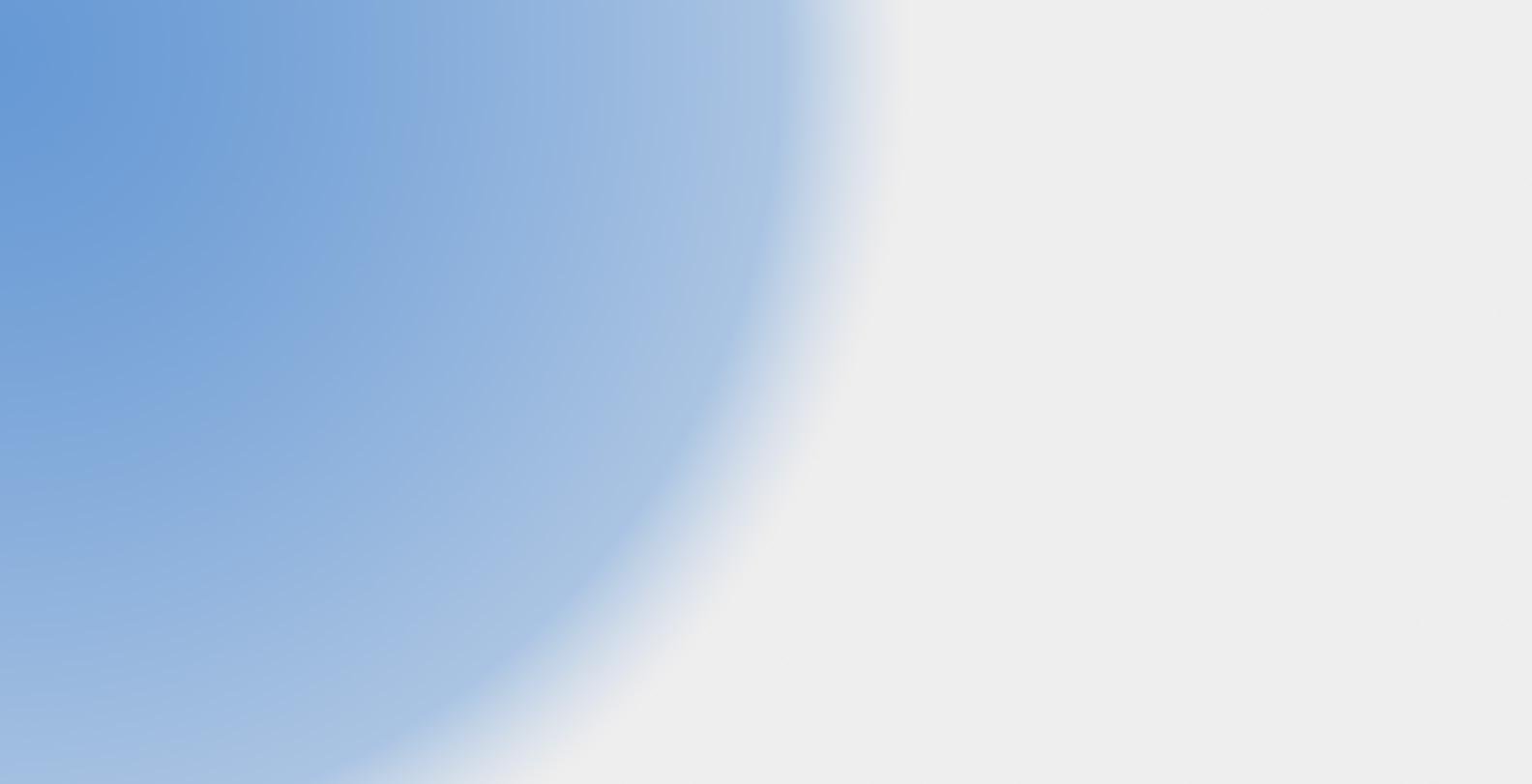

Fontana Wira (UD’25, intended Economics major – Indonesia)
Fun Fact: Wira says he is still shocked by how often students go out for 노상, even right before midterms!
Often found hanging out in his friend’s dorm room, Wira describes starting college as “uncharted.” For him, studying abroad feels like stepping out of his comfort zone with no set map or direction, but in the best kind of way. Although he originally considered studying in Japan, he chose Korea for personal and professional reasons and eventually realized UIC was the perfect balance of global education and local experience. He now looks forward to taking part in iconic Yonsei traditions such as Akaraka, joining clubs, and exploring programs like the Global Career Tour and study abroad, all while navigating the whirlwind of his first semester.
Pham The Hien (HASS’25, intended CTM major — Vietnam)
Fun Fact: Hien loves cats and has three of his own
New to college life and Korea, Hien describes his first semester at UIC with one word: “curious.” Originally planning to study in Australia, he applied to UIC on a friend’s recommendation, a spontaneous choice that turned into something exciting. While adjusting to university life, he has already met many amazing people and is eager to see who he will connect with next. Between exploring the food at Y-Plaza, soaking up Korea’s lively social scene, and spending plenty of downtime in bed, Hien is diving into campus life with an open mind and a sense of adventure.

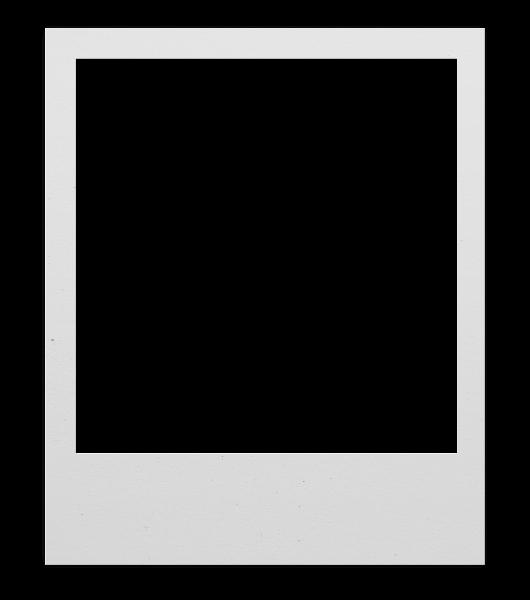
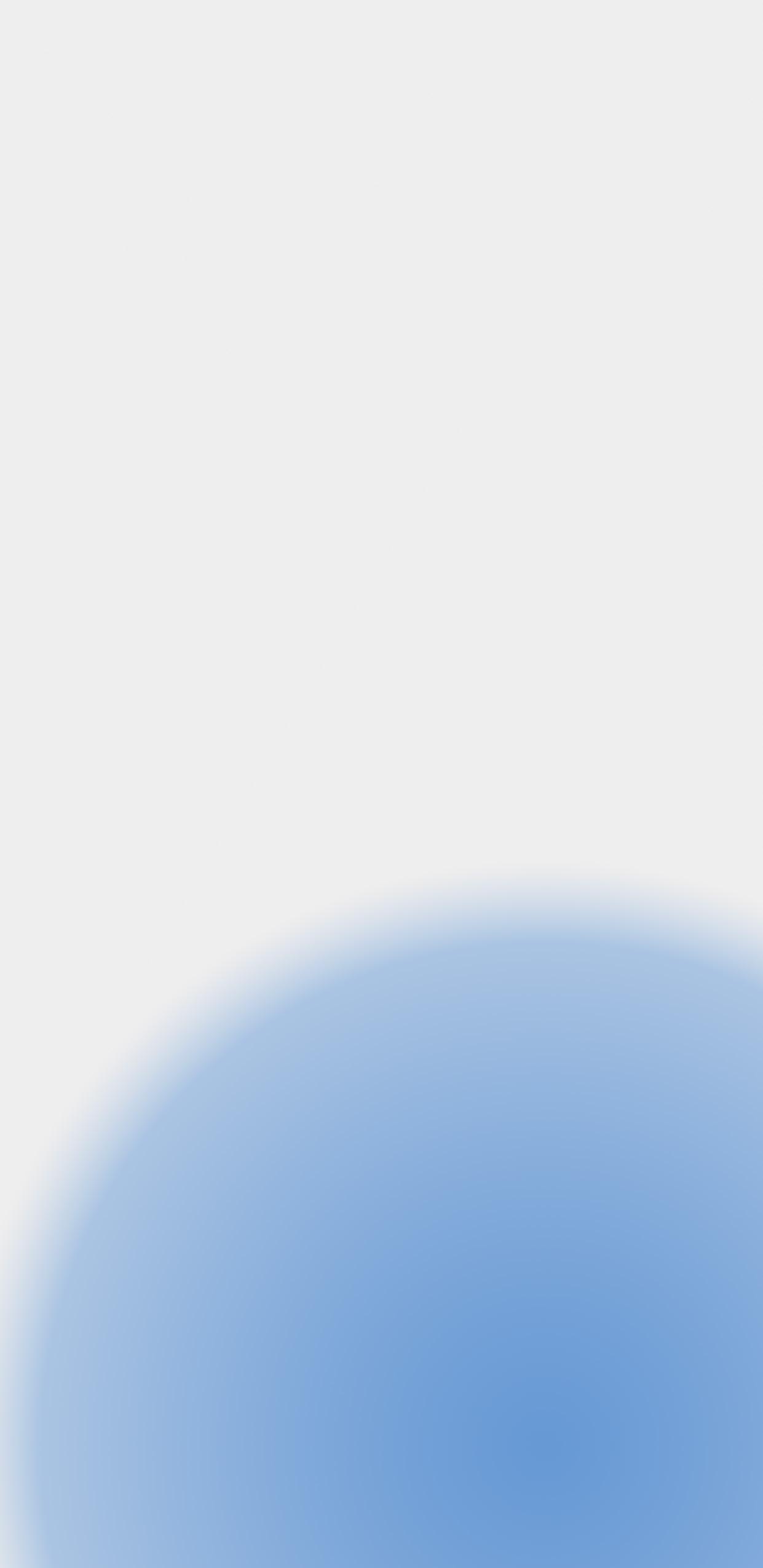
Fun fact: Tuguldur’s Russian skills have come in surprisingly handy at UIC thanks to the number of students from CIS countries.
Born and raised in Ulaanbaatar, Tuguldur had never left Mongolia before coming to South Korea to begin college life at UIC. He describes his start as adventurous, a chance to explore new experiences both inside and outside the classroom. Drawn to UIC’s liberal arts education, small class sizes, and the unique offering of his desired major, Energy and Environmental Science and Engineering, he is eager to dive into interdisciplinary learning through the Common Curriculum. Since arriving, he has also embraced Korean culture, including a newfound love for K-pop and a strong excitement for Akaraka, Yonsei’s iconic festival. One of his favourite surprises was seeing Yonsei and Korea University students swapping varsity jackets on April Fools’ Day, creating a fun and unexpected atmosphere on campus. When not in class, Tuguldur can usually be found in the group study rooms at the Underwood Memorial Library, which he often reserves through the campus app to prepare for exams.


Nguyen Hoang Minh (UD’24.5, intended Economics major — Vietnam)
Fun Fact: Minh is part of UIC SAM’s Videography team and loves using film to showcase Yonsei life.
Minh first came to UIC drawn by its full-English curriculum, strong Economics program, and a scholarship opportunity he felt incredibly grateful to receive. Now in his second semester, he’s excited to finally dive into Introduction to Economics, continue working on creative projects with SAM, and spend more time with friends when he moves to Sinchon Campus. Whether he’s hanging out at Y-Plaza, walking the campus with friends, hitting the gym, or studying in the library during exam season, Minh is actively embracing life at UIC. If he had to describe starting college in one word, it would be “opportunity”, not just in academics, but in friendships, growth, and figuring out the future one step at a time.


Rebecca Ford-Byrne (UD’25, intended double major in PSIR & CLC — Canada)
Fun Fact: Fluent in four languages, Rebecca has lived in Korea, Canada, and China!
Born in Canada and raised across three countries, Rebecca always envisioned an international academic path. That led her to UIC, where she was drawn by its full-English curriculum, global outlook, and strong faculty. After visiting the Sinchon campus, she set her sights on Yonsei and worked hard to earn her place. She describes her experience so far as “exciting”, a word that, for her, captures the energy of making new friends, taking on challenging classes, and shaping her future. Now in her first year, she’s found a true academic spark in Comparative Literature: Trauma and the Ethics of Memory, a course that challenges her with every session. One of the most surprising joys of college life has been discovering the student town around Songdo, where she and her friends have started a weekly dinner tradition. Whether she’s café-hopping between classes or relaxing in her dorm, Rebecca is embracing every layer of life at UIC with curiosity and purpose.
Fun Fact: Araijan was surprised to find a chess tournament at UIC and signed up right away, something he hadn’t expected to enjoy so much in college.
Born and raised in Mongolia, Araijan was inspired early by his family, many of whom are pioneers in neurosurgery, which sparked his interest in chemistry, biology, and engineering. At UIC, he found the perfect mix of academic freedom, interdisciplinary learning, and a peaceful environment in Songdo. He describes starting college as a dilemma, since he is passionate about many things, such as science, innovation, inclusion, and business, and sometimes finds it hard to decide where to focus. As an ethnic Kazakh fluent in Kazakh, Mongolian, Russian, English, Mandarin, and Turkish, his multilingual background has helped him connect with people and feel at home in the UIC community. One unexpected highlight has been UIC’s faith-centred elements, which introduced him to Christianity in a way that felt open and meaningful. He has also appreciated the flexibility to explore different academic paths, including the option to pursue triple majors. In his free time, he often heads to the roof of UML to unwind or listen in on conversations, embracing college life with curiosity and intention.

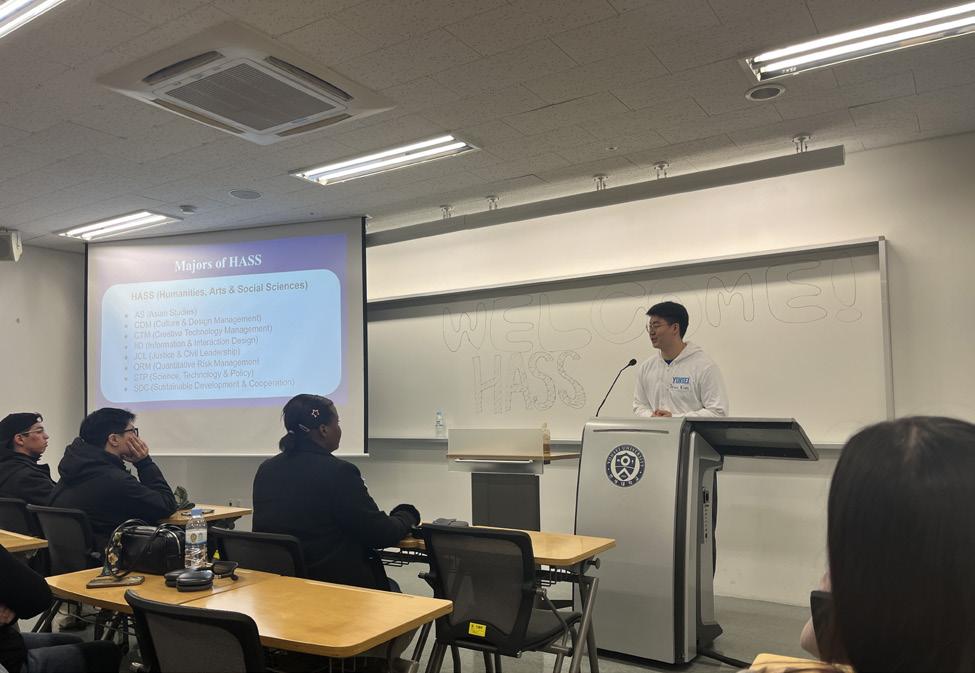
On March 3, 2025, the UIC Global Seminar was held at the International Campus in Songdo to welcome new students for the 2025 Spring semester. 15 UIC ‘선배’ (seniors) students participated as mentors, helping incoming international and overseas Korean freshmen settle into UIC by sharing their wisdom. Based on their personal experiences, they talked about how to adapt to life in Korea as they navigate daily life, build a sense of community, and make the most of their time at UIC.
The UIC Global Seminar continues to strengthen UIC’s commitment to providing a supportive, inclusive environment for all students in the UIC community.
I’m excited to share a little about my recent experience serving as a mentor for the UIC Global Seminar at Yonsei University! After reflecting on the support that was given to me by my own Global Seminar mentor when I first arrived, I knew I wanted to give back. I decided to apply as a mentor, and I’ve now had the opportunity to mentor for two semesters. It has been an incredibly rewarding part of my journey here.
As a mentor, I helped incoming international and overseas Korean freshmen get settled into life here in Korea and prepare for their first year at Underwood International College (UIC). It was amazing to connect with students from so many different backgrounds and be part of their transition to university life. Every conversation and interaction reminded me of just how important it is to have a supportive community when stepping into a new chapter.
During my presentation to the new students, I shared my own experiences adapting to life in Korea, especially from the perspective of being a Muslim—things such as having to navigate dietary restrictions as well as finding a community. I also gave recommendations about life in Songdo, highlighting places and activities that could help them enjoy their freshman year to the fullest.
I’m so grateful for the chance to be a part of this experience, I hope I get to inspire them to also be a mentor in the future. I can’t wait to see all the great things these students will accomplish during their time at UIC and beyond!
(Provided by Amaranggana Kamila Saputra (IID’23))
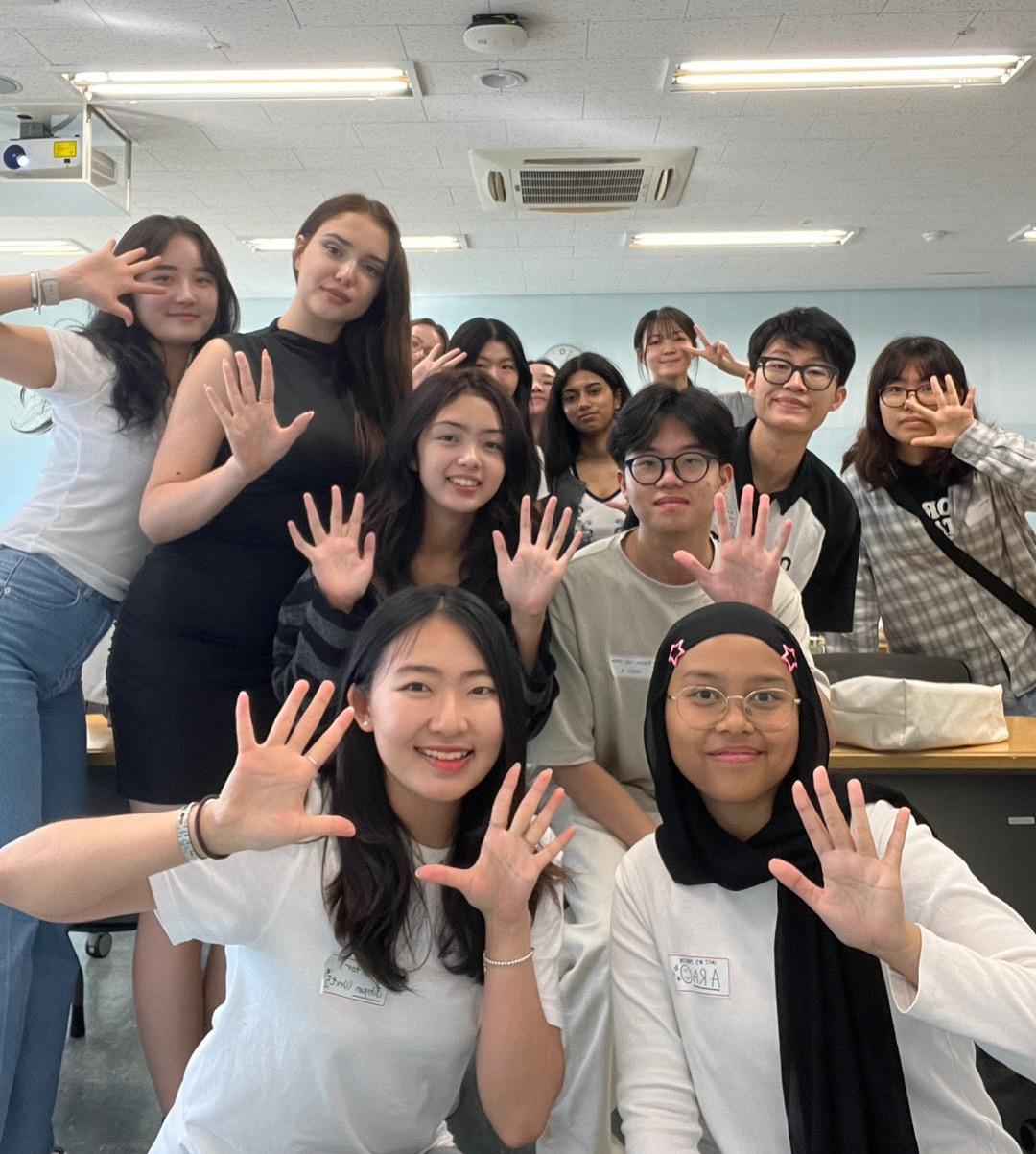
The Integrated Science and Engineering (ISED) Division hosted an info session on the evening of March 31, 2025 The ISED held this session to introduce their program to new Underwood International College (UIC) students and graduate students of the Department of Innovative Science and Engineering.
During the session, ISED faculty members presented their ongoing research projects and introduced the research infrastructure available to graduate students and showcased recent academic accomplishments of the department.
Students were also provided detailed information about the program, including scholarship opportunities. It was also a valuable chance for them to meet faculty members, ask questions, and gain a better understanding of how the ISE program supports their academic and career goals.
If you would like to know more about the Integrated Science and Engineering program at UIC, please visit the website at https://ise.yonsei.ac.kr or contact via email at uic_ise@yonsei.ac.kr.
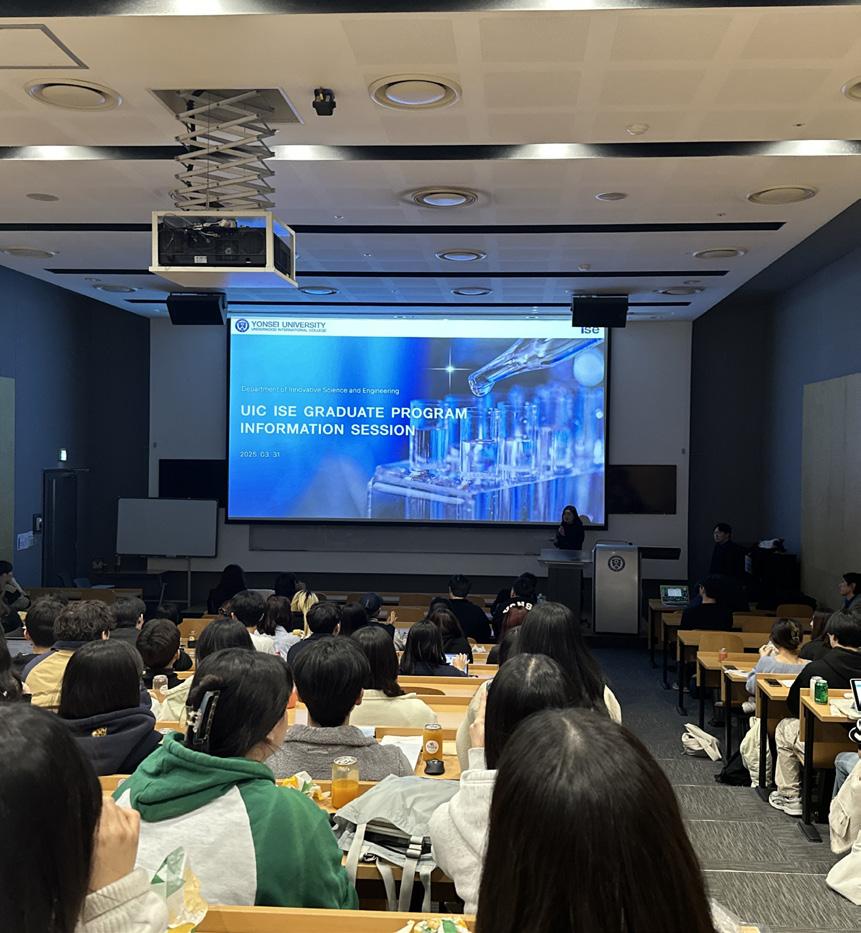
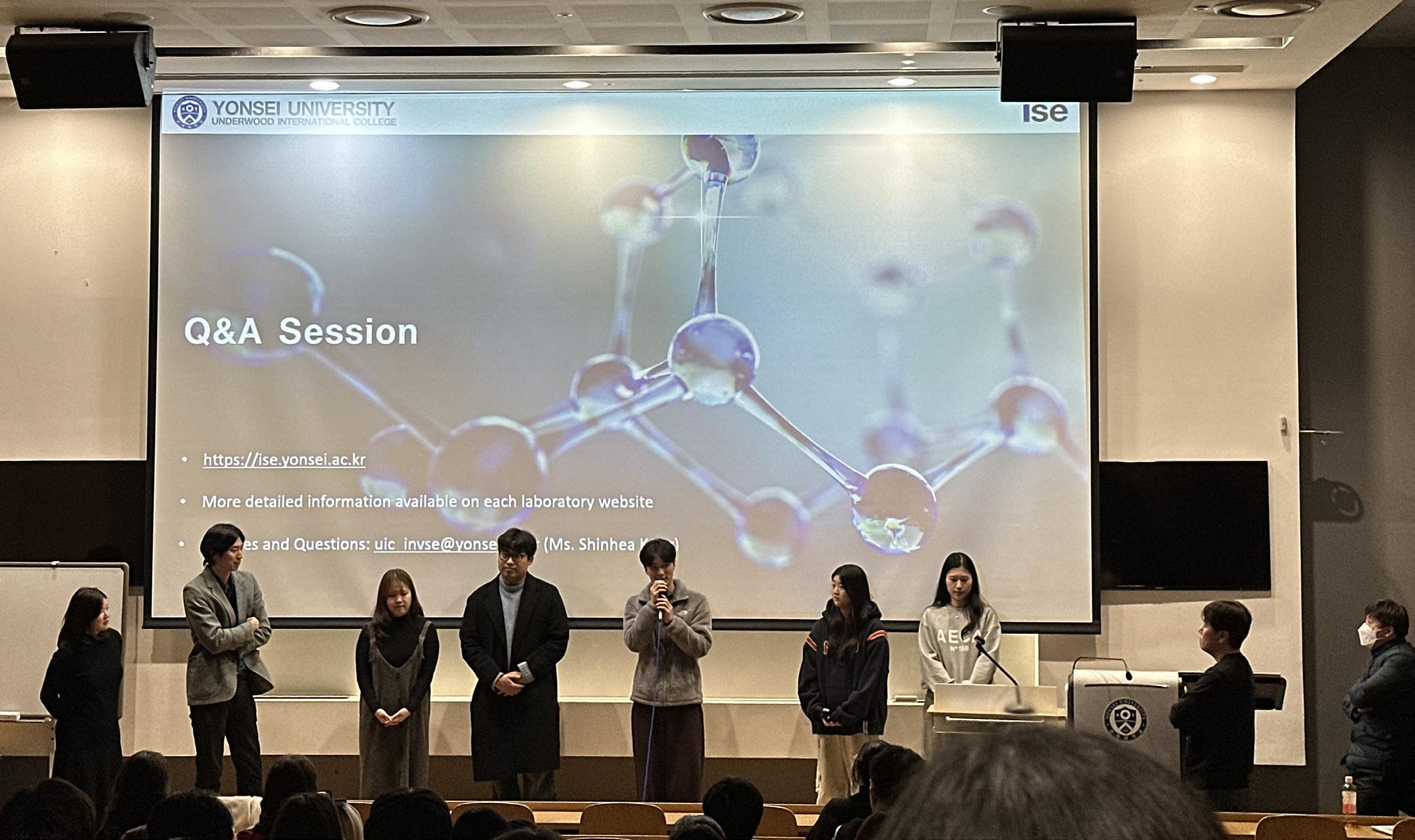
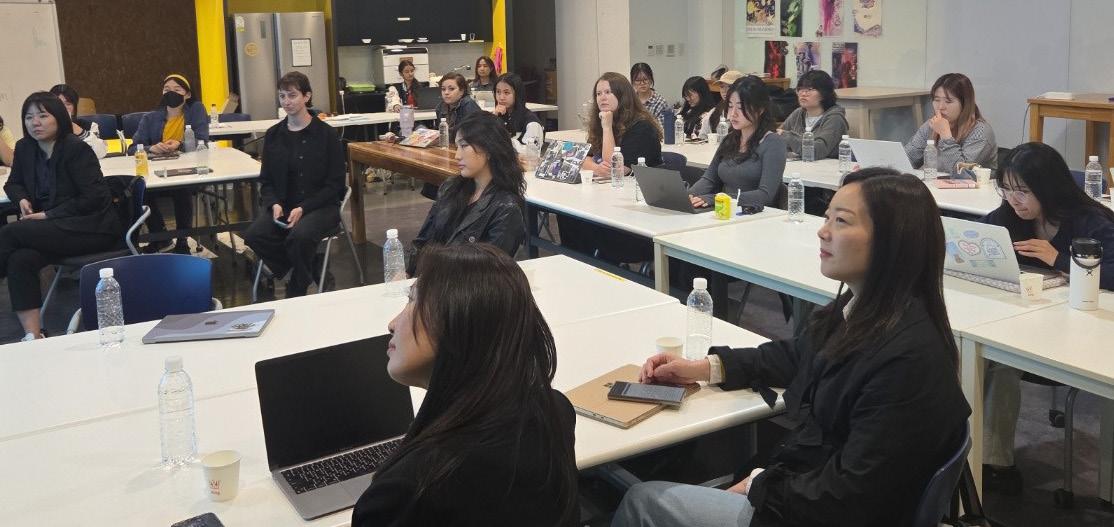
On Wednesday, May 7, from 7:30 to 9:30 p.m., the 2025 IID Major Information Session and Career Talk was held at the DFK Ideashop on Yonsei University’s International Campus. The event was organized to provide HASS freshmen with in-depth insights into the Information and Interaction Design (IID) major to help the newly enrolled students understand the major better before they officially declare their major.
The session started with Professor Younah Kang and Professor Jinyoung Song sharing insights into the IID curriculum and departmental vision. IID alumni participated too. Do-yeon Koo (IID + Computer Science, Class of ‘15) and Ji-won Lee (IID, Class of ‘16) joined via Zoom, while Ha-yoon Roh (IID, Class of ‘16) and Soon-ho Kwon (CLC + IID, Class of ‘17) attended in person. Soonho Kwon, who invited two HCI student researchers from Georgia Tech to share their experiences and perspectives on the global job market and the fields of HCI and HCC.
After the official two-part program, students and guests had the chance to mingle freely, exchange contacts, and ask follow-up questions in a relaxed and friendly setting. The evening served as a guide for students navigating their academic choices and also as a valuable networking platform for those preparing for careers beyond IID.

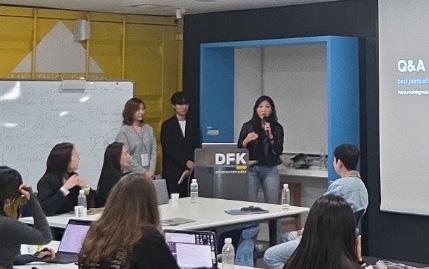
Could you briefly introduce yourself and share your academic journey?
Hello! I am Jae Eun Shin, a new Sustainable Development and Cooperation (SDC) professor at Underwood International College. My academic background is in International Relations, with a particular focus on international cooperation. After completing my Master’s degree, I began my career in the private sector as a business strategy and marketing consultant at one of Korea’s leading firms. I had initially hoped to work on Smart City projects, but due to internal team negotiations, I was placed in a business strategy role.
After two years in consulting, I realized I wanted to engage more deeply with issues that had a global and social impact. I returned to academia to pursue my PhD, during which I focused on international development cooperation and program evaluation. I worked full-time as a senior researcher at the Center for International Development Evaluation (CIDE), affiliated with Seoul National University (SNU). Following the completion of my PhD in 2018, I conducted postdoctoral research at the JW Lee Center for Global Medicine, also at SNU.
From 2019, I taught at Kyung Hee University’s Graduate School of Pan-Pacific International Studies for five years, before joining Yonsei as a research professor at the Institute for Global Engagement and Empowerment in 2022. I formally joined UIC later on.
My motivation lies in making international development policies and programs more effective and accountable, especially since these programs are often funded by public or tax money. I strongly advocate for evidencebased policymaking, grounded in rigorous evaluations, to ensure resources are used wisely. While we often hear about high-tech solutions like AI, the reality is that many developing countries still struggle with basic infrastructure. Sustainable development, to me, means implementing practical, proven approaches that empower individuals and communities to sustain longterm behavioral and societal change.
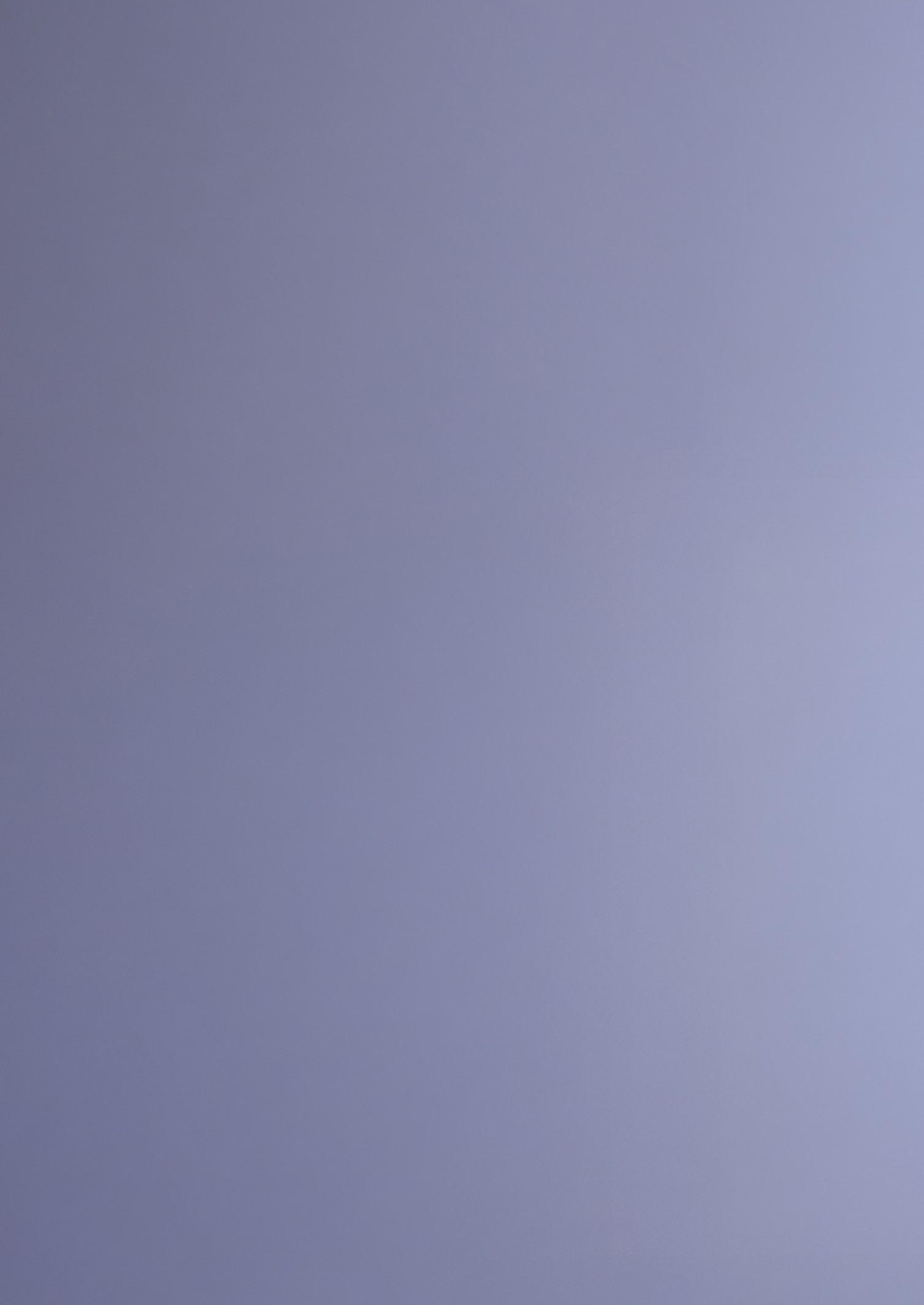
Could you share what you’re currently researching and how it contributes to global development?
My research generally follows two tracks: one focuses on policy-level work, and the other on project-level or program-level evaluation.
On the policy side, I am currently involved in a project commissioned by South Korea’s Prime Minister’s Office. The goal is to redesign the performance management framework for Korea’s Official Development Assistance (ODA). With over 60 agencies implementing fragmented ODA efforts, there is a growing need for a more coordinated and effective system. My research aims to address this by proposing improvements to the planning, implementation, and evaluation of Korea’s ODA programs.
On the project side, I have worked on multiple field evaluations. One recent example involves an education program in Malawi run by Korea Food for the Hungry International (KFHI). Using data from that evaluation, I have conducted academic studies examining how students’ learning behaviors mediate their final academic performance. One paper has already been published, and another is under review. Another project involved vocational education for people with disabilities in Uganda. We completed the evaluation and are now using that data for further academic analysis.
I am also working on research related to North Korean defectors. We have conducted surveys and interviews to understand how their knowledge of liberal democracy and capitalism affects their integration into South Korean society. This research is especially relevant in the context of potential future reunification or cooperation with North Korea. We use defectors as a proxy for North Korean citizens to understand gaps in democratic understanding, which will be crucial if the country opens up in future. We plan to expand this research in collaboration with local NGOs.
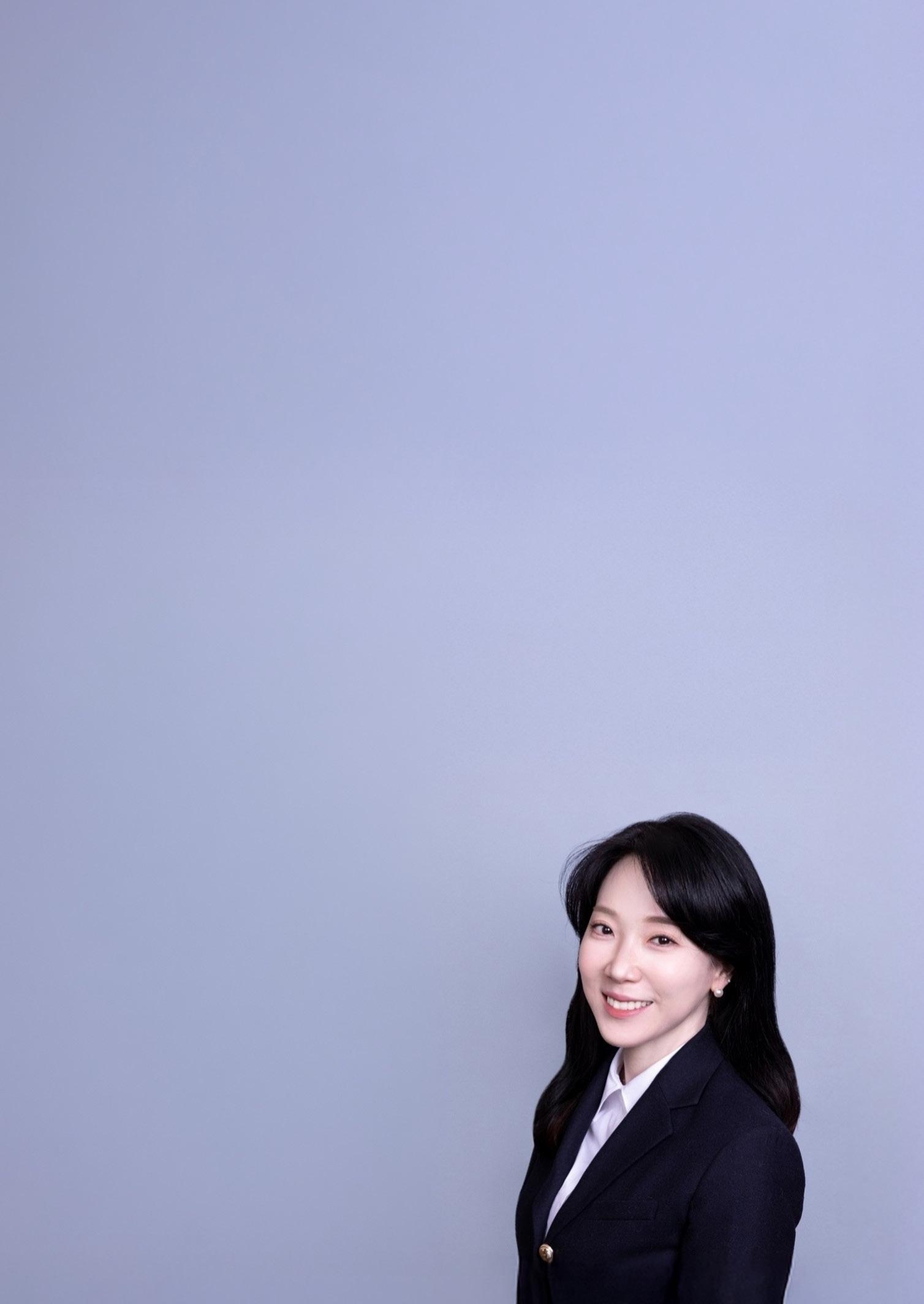
What is the most challenging part of working in international development?
One of the biggest challenges is dealing with external factors beyond our control. While projects can be designed based on solid evidence and available resources, political shifts, environmental disruptions, economic instability, and local governance issues can all derail implementation. Additionally, each country has its unique history, culture, and institutional context, which must be respected and understood. As much as I believe in evidence-based policymaking, flexibility is essential. We must adapt to the local environment while maintaining the integrity of the project goals.
How do you think education helps promote global cooperation?
Education plays a vital role in raising global citizens who understand international challenges and public goods, like climate change or food security, that transcend borders. It fosters empathy, awareness, and collaboration. In the context of international development, education is also critical because many students are interested in the field but lack access to practical information. I make it a point to share both theoretical knowledge and real-world insights with my students, such as the types of work being done and the opportunities that exist. There is a misconception that only those who major in International Development, or related majors, can work in this field. In reality, we need people from diverse backgrounds, lawyers, accountants, engineers, and media professionals, all working toward sustainable development. Education broadens this perspective and helps students find their own path in global cooperation.
What role do you believe technology will play in future sustainable development initiatives?
While advanced technologies are important, many developing countries still lack fundamental infrastructure, such as electricity, potable water, and housing. In these contexts, low-tech but impactful solutions can be more effective. That being said, mobile phones and satellite internet services, such as Starlink, are becoming increasingly common, even in remote areas. Text messaging, for example, is used for healthcare reminders where the internet is not available. As basic needs are met and infrastructure improves, technology will become increasingly important in scaling and accelerating sustainable development.
However, we must also address digital literacy and cybersecurity. Even in advanced countries like South Korea, we see how elderly populations struggle with digital services. In countries like Cambodia, mobile payments are widespread despite frequent power outages, but questions remain about data security. These are pressing issues that need to be tackled alongside the expansion of digital tools in development.
What role does policy transfer play in shaping effective international development strategies?
Korea’s Knowledge Sharing Program (KSP) is a prominent example of policy transfer, with many developing countries seeking to learn from Korea’s experience of rapid development. However, there are valid criticisms. Most of the policies being transferred are from Korea’s current context, rather than the developmental policies of the 1970s or 1980s. Both donor and recipient countries must understand and adapt their policies to local contexts. Policy transfer is inherently complex. Measuring success is challenging because adoption takes time, and results are often difficult to attribute solely to the influence of one country. Multiple actors are typically involved, and isolating the impact of a single policy is challenging. That is why it is crucial to understand the broader context and to coordinate among various development partners to offer the most practical and context-appropriate guidance.
What advice would you give to students interested in pursuing a career in Sustainable Development and Cooperation (SDC)?
I often tell my students that they do not need to decide everything early in their academic journey. As undergraduates, you can explore and learn, not just about the world, but about yourself. Pay attention to what excites you, what demotivates you, and what gives you a sense of purpose. Knowing yourself will help guide your future choices more than any rigid plan.
The field of sustainable development welcomes a diverse range of skills and perspectives. Stay curious, remain open to new experiences, and don’t be afraid to try different roles across various sectors. Whether in academia, government, or the private sector, your contributions can be meaningful as long as you stay grounded in your values and committed to impact.

Could you briefly introduce yourself and share what led you to join UIC?
My name is Keungoui Kim, and this is my first semester at UIC. My background is very interdisciplinary (though not as much as some of my colleagues, I have to say).
I studied mechanical engineering for my undergraduate degree, and upon graduation, I worked at Hyundai Motor Company as an engineering researcher for about a year and a half. I loved my work, but as I always tell my students: what you learn and what you actually do can be two very different things. One of my tasks was designing the body structure of vehicles. It was cool, I got to use the physics I loved, like solid dynamics. But real-world engineering tends to be very micro-level. For example, some days I spent debating whether I should use a 10 or 12 mm thickness. Through that process, I realized I’m more of a macro-level person. I became more interested in management, policy, and economics. So I made a tough decision, resigned, and returned to graduate school.

I did my Master’s and PhD in economics, specializing in technology management. At the time, nobody was really interested in AI or machine learning yet. But because of my engineering background—and finding traditional statistics to be a bit boring—I started exploring newer techniques such as natural language processing and machine learning. After graduating, I went to Europe, Paris, and Dublin for about two and a half years as a postdoc. My job involved not just economic research, but also working with many different datasets; I suppose it made me a data scientist. Then, I joined Handong Global University where I spent three and a half years as a professor in the Data Science major. I liked the job, but I wanted to focus more on research. While I was mostly teaching data analysis, my publications were in economics and policy. That made me think: “I can juggle both for now, but what about in 20 years?” So I decided to align my teaching with my research better. That’s what brought me here—the STP major, which stands for Science, Technology and Policy (STP), perfectly fits my interests. It is a very niche field, and you rarely see all three areas combined in one program.
Having pursued your career across multiple countries, how have these international experiences informed your perspective on science, technology, and policy?
Definitely. Korea was able to achieve dramatic change in a short time, and that’s rare in other countries. However, in Europe, Paris, and Dublin in particular, the views on science and technology are quite different. Korea is very trend-sensitive and quick to respond, which is great for adapting, but sometimes you lose traditional principles or long-term thinking. Europe values philosophy and history more. When they make decisions about new technologies, they think deeply and discuss thoroughly. That really changed how I think. I used to believe the latest trend was best, but now I see the value in going back to foundational principles.
Do you think this shift changed your approach in research or the classroom?
In research, I now value theory and principles more, though I’m still a tech-focused person. I work with data, but I try to build a stronger theoretical foundation. In class, I emphasize both to students. When I was in school, I was eager to learn new skills. I realized that technology is important, but theory is even more so. So I try to strike a balance.
What key skills or mindsets do you hope students gain from Introduction to STP and Computational Policy and Project Analysis?
For Introduction to STP, I try to make the course as clear and foundational as possible. I want students to develop what I call the STP perspective, which means understanding the socio-technological changes that shape our world. Even if they do not major in STP, I believe this perspective will help in their careers, education, and personal lives. For Computational Policy and Project Analysis (CPPA), it is a data analysis course. I assume students come in with zero background because I did too. I never took a programming class and had to learn everything on my own, which was painful. So now I try to simplify the hard parts. The goal is to give students the confidence to run basic data analysis and help them understand the difference between statistical approaches and machine learning.
What has been your first impression of UIC students so far?
My classes are very small. In one class I have 12 students, and in CPPA, only 4. They almost feel like private lessons. But UIC students also tend to be open and engaged, perhaps because many have international backgrounds and are comfortable interacting across cultures. Compared to other students I’ve taught, they participate more actively in class, which I really appreciate.
You spent 10 years growing up in Indonesia, and that experience of living abroad is something many in the UIC community relate to. What advice would you give to students navigating life between cultures?
I think UIC students are already doing well on their own, however, one of the issues your generation will face is that just living abroad or speaking another language has become the norm. Anyone can access culture online now—Even my parents can travel the world with their phones. What matters more is how deeply you can understand others. That kind of understanding comes from experience, through real conversations and shared life. I think UIC is the perfect place for that, because you get to live in dorms and meet people from different backgrounds.
How can students best engage with you, whether in class, during office hours, or through other opportunities?
If students want to, I would really love to talk. At my former university, students often visited my office and we built strong connections. But here, I notice some students hesitate. Many graduate without ever having spoken to a professor. I try to stay open and approachable, and while I cannot reach out to everyone individually, I always welcome those who take the first step. My door is always open. That small act of courage can go a long way.
Are there any student-led projects, clubs, or campus activities you’re interested in getting involved with or exploring further?
I would definitely be interested in getting involved with something like the Yonsei-Indonesia Association.
Indonesia has a lot of potential, and it is a country I feel quite connected to. I actually taught Bahasa Indonesia once, believe it or not. POSCO had a power plant project in Indonesia and needed someone to teach the language. No one else was available, so I studied it and ended up teaching. That experience made me realize how much opportunity there is, especially once you overcome the language barrier.
Can you tell us about your current research interests and what you’re most excited to be working on right now?
My research has two main areas. One is policy-related: I use patent and publication data to measure innovation and evaluate its impact. The other area is in psychiatry. I have always believed that the brain and language are deeply connected. Models like ChatGPT, for example, are designed to mimic patterns in human cognition. Mental illness was traditionally seen as purely genetic, but now more researchers view it as brain-based. That shift means language can potentially be used as a tool for diagnosis. I work with Ajou Hospital, which holds records from patients with various mental health conditions, including those who have attempted suicide. The challenge is that responses are not always sincere. Some patients bluff or try to hide what they are feeling. I collect their language responses and train models to detect patterns that might reveal what is not being said directly. Right now, my focus is on using language to help identify and diagnose mental illness.
What’s one thing you wish more students understood about the work you do?
I think people often misunderstand what interdisciplinarity means. Some assume it involves doing things with shallow depth, or just dabbling across fields. But real interdisciplinary work requires serious depth in multiple areas. In my case, I work with both economics and computational techniques. It is difficult, but that is exactly what makes it valuable. There is also a misconception that if someone is not strong in a single field, they can just default to interdisciplinary work. But learning does not stop there, because even in corporate settings, you are constantly expected to keep learning. Depth still matters, no matter the field.
To end, if you could share one message with your students, not just as a professor but as someone who has been in their shoes, what would it be?
I think UIC students have great potential. Yes, after graduation, you might struggle, but that is not your fault. The global economy is difficult, yet still you have to keep going. My advice is to believe in yourself. Do not worry if you cannot get a job right away, what matters most is consistency. If you look at people who have done well, they all say consistency is key. You might have a moment where you shine, but if you do not keep growing, that moment will pass. So stay consistent. Keep believing in yourself. For international students, make sure to study Korean. Once you do, so many more opportunities open up.
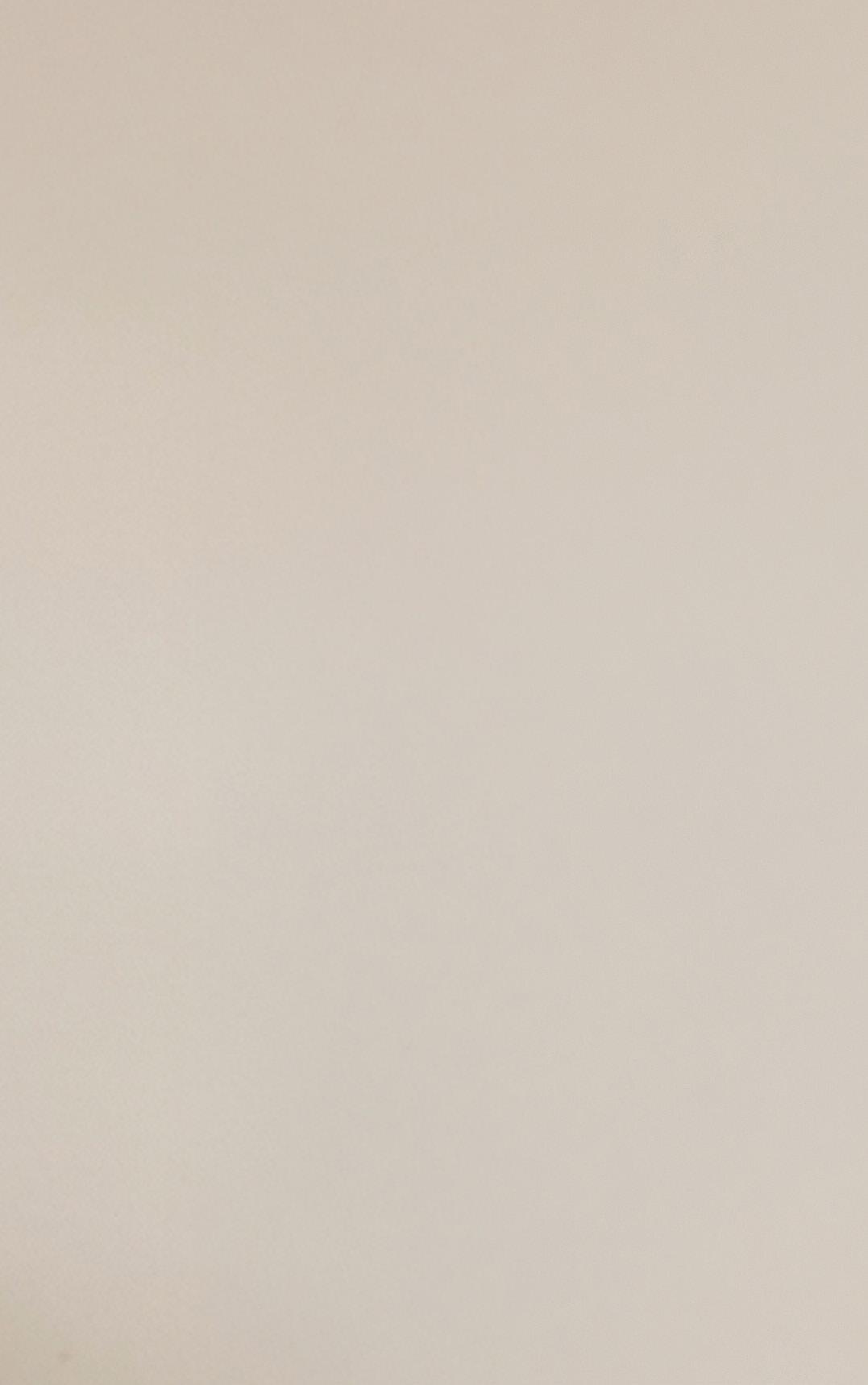
Before we get started, could you please briefly introduce yourself and your role at UIC?
My name is Samuel Lim, and I am a new faculty member here at Yonsei. I just joined UIC this spring, working in the Integrated Science and Engineering Division (ISED). Before joining, I basically spent most of my college, grad school, and postdoc life in the United States, and then I came back to Korea. I spent my childhood here, so I am very much connected with the culture still. I am glad to be back!
My field of research is within the interdisciplinary area of chemical and biological engineering, plus synthetic biology, which is an emerging field in biology. Other than that, I am currently teaching three classes: Introduction to ISED, Cell Biology, which is a Bio-Convergence (BC) major requirement, and a course on Nanocatalysis for students looking to learn more about chemical engineering principles.
How did you end up in the Chemical Engineering field? What do you find most interesting in this field of study?
I am pretty sure 90% of people who majored in Chemical Engineering basically followed the same path I did: discovering a love for chemistry in high school. When I got into college and we had to choose our majors, I kind of thought, “I like chemistry. Pursuing an engineeringfocused version of chemistry would help me, you know, get a job.” Engineering tends to be a rather successful career path, and that’s why I tried applying for the chemical engineering department.
Later, I figured out that chemical engineering is quite separate from pure chemistry, as it does not really focus on conventional core chemistry courses like organic or general chemistry. Chemical engineering is a lot more like mechanical engineering. You had to take thermodynamics, fluid mechanics, and then later your projects are about designing chemical factories—it is a very practical discipline.
The main reason I stayed was because I was fascinated by the fact that those core principles I learned in my courses can be applied in many other different fields, like bioengineering. For example, you learn about the diffusion process. You study how molecules get diffused through the membrane. In bioengineering, that knowledge could also be applied to design drug delivery systems that incorporate nanoparticles. Those drugs then essentially diffuse inside our bodies.
After learning about the various applications that run between chemistry and biology, I took a lot more biology courses. Upon graduating, I ended up majoring in both chemical and biological engineering. In sum, the practical applications found in both fields were my main motivation for pursuing the interdisciplinary area of both chemical and biological engineering.
Why and how did you choose UIC to be your home base for research, having gotten your Phd and bachelor’s degree in the States? What motivated you to start your teaching career at Yonsei University?
I spent my entire childhood and teenage years in Korea up until high school, then moved to the US. Throughout my time in the US, I was open to working in both countries. That is the one good part about studying abroad: the fact that you are studying abroad in a certain country does not really mean that you have to just stay there forever. It opened opportunities to work in both countries, in my case. You can always utilize your network from both places.
I would also like to tell any UIC student who wants to study abroad to always be open to working in many different countries—in the end, you will always have the chance to go back and forth. As for working here, when I saw the opening at Yonsei University, I was really attracted to the idea of working at UIC. It has a really diverse body of students, and everything is taught in English.
I thought it would be good to apply my background in international education and bring a global perspective to
scientific education. I would have many things to teach students, too, not just in coursework but also regarding my experiences abroad. Yonsei University’s prestige, tied in with the unique experience being offered to teach in an international college, presented a very appealing opportunity. So yeah, that was my motivation.
How have you found teaching in the ISED department so far in terms of student participation, engagement, and research quality from your students themselves?
So far, I have found that many students are participating very actively, a lot more than I thought. Students usually ask many questions, especially when the class is over. There is almost always a long queue of students trying to ask me questions. Even though I have only joined this term, many students had shown interest in my research, and many of them reached out to me for possible internship opportunities in my laboratory and expressed their interest in graduate school.
Everyone is so active, and this is a good thing, because there is a common perception that students in Korea are less active or less likely to participate than students in the United States. But where? At least that is not true for UIC students.
What is your favourite part of teaching/being a faculty member at UIC?
One thing I enjoy about UIC is the fact that I have the opportunity to interact with students from diverse backgrounds. Also, because of the nature of our work in ISED, we focus on integrating many different fields in science. For example, in my classes, I teach one Cell Biology course and one Nanocatalysis course, so they are supposed to be within their respective BC and Nanoscience and Engineering (NSE) concentrations.
However, what I enjoy is that ISED students are encouraged to take whichever courses they like, regardless of their major or concentration. Many students in ISED end up doing that—they are able to explore all sorts of different fields of science—and I enjoy teaching them new concentrations.
They are all STEM majors, sure. Some of them are more focused on biology, some of them are more focused on nanoscience or energy science, but all of them take my classes. Maybe one other thing is in terms of the other faculty members I have met so far, all of them were really open and eager to help me get my feet off the ground at Yonsei. I feel really lucky to have met such great colleagues at UIC and ISED. I think that is a really important part of any job.
How does your experience teaching in South Korea (specifically UIC) differ from your experience as a student in America?
Well, of course, it has got to be very different, with the transition from being just a student to now becoming a professor. The biggest difference is hard to point out, but
maybe, back then, I could have just skipped class out of my own free will. Now I cannot really do that because I have a strict schedule to stick to (laughter) depending on student behaviour.
I think in terms of student participation in the US— students asked a lot of questions mid-lecture. They would just raise their hand and then interrupt in the middle of class. Whereas I feel that here, students are just as likely to ask questions, but only after classes. I think that is in part due to different cultures, because here you are not really encouraged to interrupt someone in the middle and just ask questions, especially when it comes to your professors.
Another thing that felt different to me was the midterm exam schedule. So, from when I was a student, midterm exams were just take-home exams that could be taken any time during the semester, less stress but a more consistent workload. I usually had four midterms plus final exams back in the day, whereas now we have a clearly defined midterm and finals period.
Other than that, in terms of life, I think there are a little more school-imposed regulations in Korea. For example, attendance checks are very important at Yonsei. That is a big part of the grading criteria for students. There is good and bad in that example, because I myself had to learn the hard way that I had to attend class to perform well. I realized skipping classes only made life harder for me.
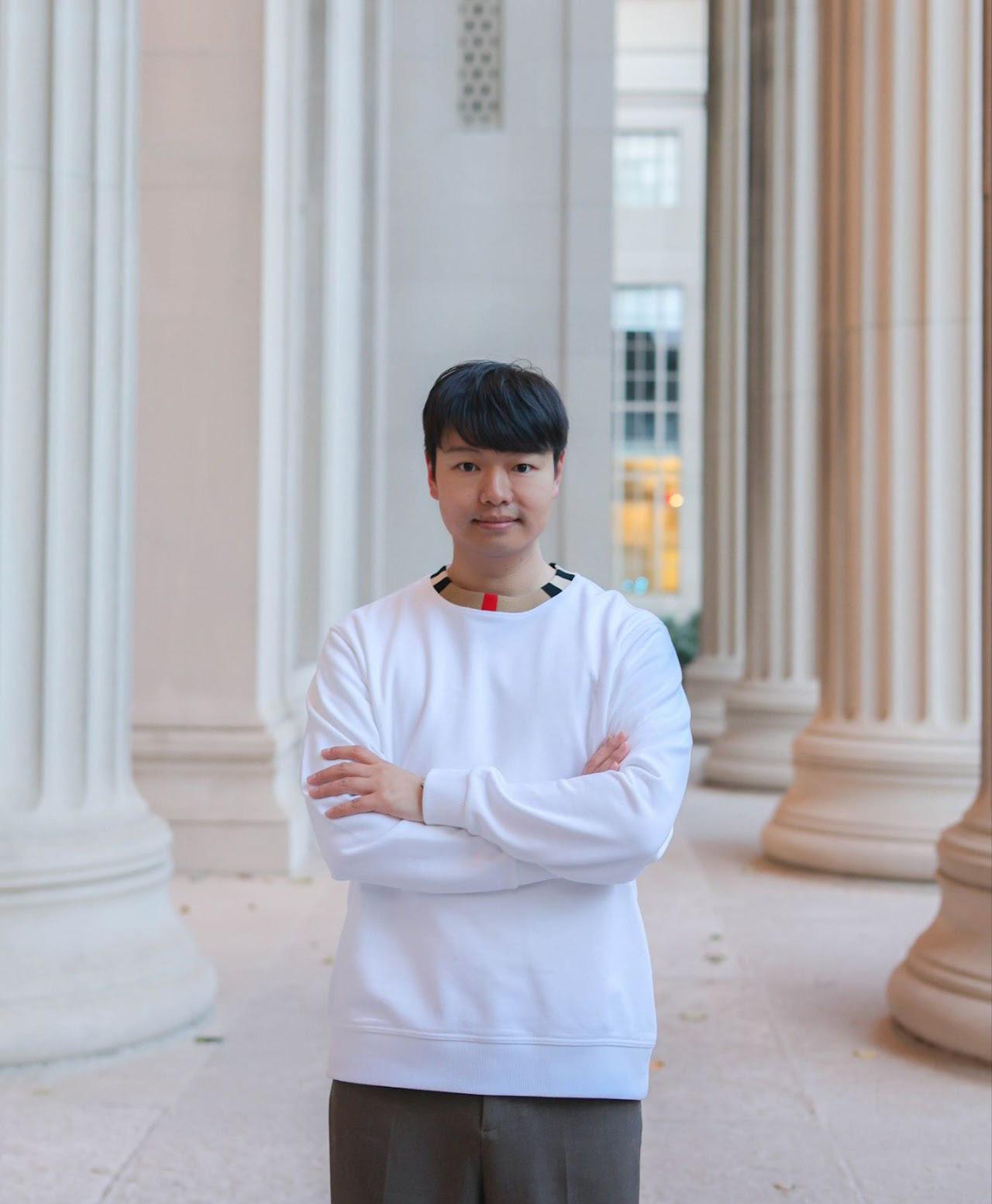
B.S. in Chemical-Biological Engineering, Massachusetts Institute of Technology, USA
Ph.D. in Chemical Engineering, University of California Berkeley, USA
Research Fellow, Harvard Medical School, USA
“Also, join clubs and extracurriculars, take full advantage of the vibrant social life at university, and find things that you personally like outside of studies. When you become an adult, you only have time to focus on your career”

Lastly, in the US, students can get admitted without even deciding on a major or even a department. They usually only confirm their major around sophomore year, and then they are still at much more liberty to switch back and forth. I think in terms of that, UIC is quite similar. I find that it is a very familiar system of giving students flexibility in choosing concentrations, which I think is a good thing. I know other universities in Korea are trying to adopt that path as well, but I think it will take some time for the rest to follow suit.
What are your goals for the future, in terms of developing your career and progressing your research?
I am the newest professor in ISED, so firstly, I need to finish setting up my lab, buy all the equipment, and recruit both graduate and undergraduate interns. First off, sometimes when you are managing a laboratory, you might not find enough time to interact with your students, and that really hurts the quality of your courses. I think I need to try to maintain a good balance between focusing on my research and at the same time not losing connection with my students and just doing my best to take care of them.
In terms of research, I also want to have a balance in pursuing something that I have a great deal of personal interest in and research that is more relevant, meaning that it would be more likely to receive funding. One good thing about being a faculty member is that I can have longer-term plans, so it is not like I will be moving in a short period of time. I would like to be able to stay here for a while, so I can establish a long-term plan in terms of research.
I want to start with several different sub-projects that I have in mind, and probably at some point decide which one is going to be the main theme that I want to pursue long-term. I find it really important also to be able to change my research themes to adapt to changing trends in science.
One last thing is that I want to help shape the Songdo Campus’s history through my career. The international campus at Songdo here has a lot of potential for development. Sinchon has had a well-established
history in terms of scientific research, whereas we here in Songdo have only been here for a short while, but that means there are a lot of avenues for further development. Maybe after 30 years, I would like to see the campus in its entirety prospering and just be proud that I have worked together with many different people, many good people, to have contributed to building the whole thing.
Finally, any closing remarks or words of advice for our UIC students?
I would like to tell every student to always be open to new interdisciplinary studies and opportunities. This is something that you can only uniquely experience at UIC. I want to advise them not to waste that opportunity and try to experience different fields. Try to take courses outside your concentration. Try to interact with professors who are doing research on something else. All of those experiences would be valuable when it comes to graduate school, getting a job, or research.
Only in university can you do research and study something you like without being burdened by a career. It is going to be a good chance to see if delving into research is a good fit for you or not, because some students may make that decision without having experienced working in a lab at all, and that is when it gets difficult.
Also, join clubs and extracurriculars, take full advantage of the vibrant social life at university, and find things that you personally like outside of studies. When you become an adult, you only have time to focus on your career. Join different organizations, make as many friends and connections as possible, and go to parties! Live your life to the fullest and study hard, because this is the only chance you will get to do that here.
Could you briefly introduce yourself and your wife?
My name is Yunseok Lee (ECON’11). I graduated in 2017 after completing two years of military service. Which, I guess, makes me one of the old guys now. My wife, Jinah Kim (CTM & ECON ’14), is also a fellow UIC graduate.
Can you tell us the story of how you first met at UIC?
I first met her at orientation. That year, I was one of the supporters, asked by a professor to help out with the incoming Class of 2014. UIC was still based in New Millennium Hall at the time, so orientation was held there. In my year, UIC was still small, with only about 100 students across majors like ECON, PSIR, and CLC. But by 2014, the year my wife enrolled, the freshman class had grown to around 300. But on that day, I noticed her sitting in the center of the auditorium.
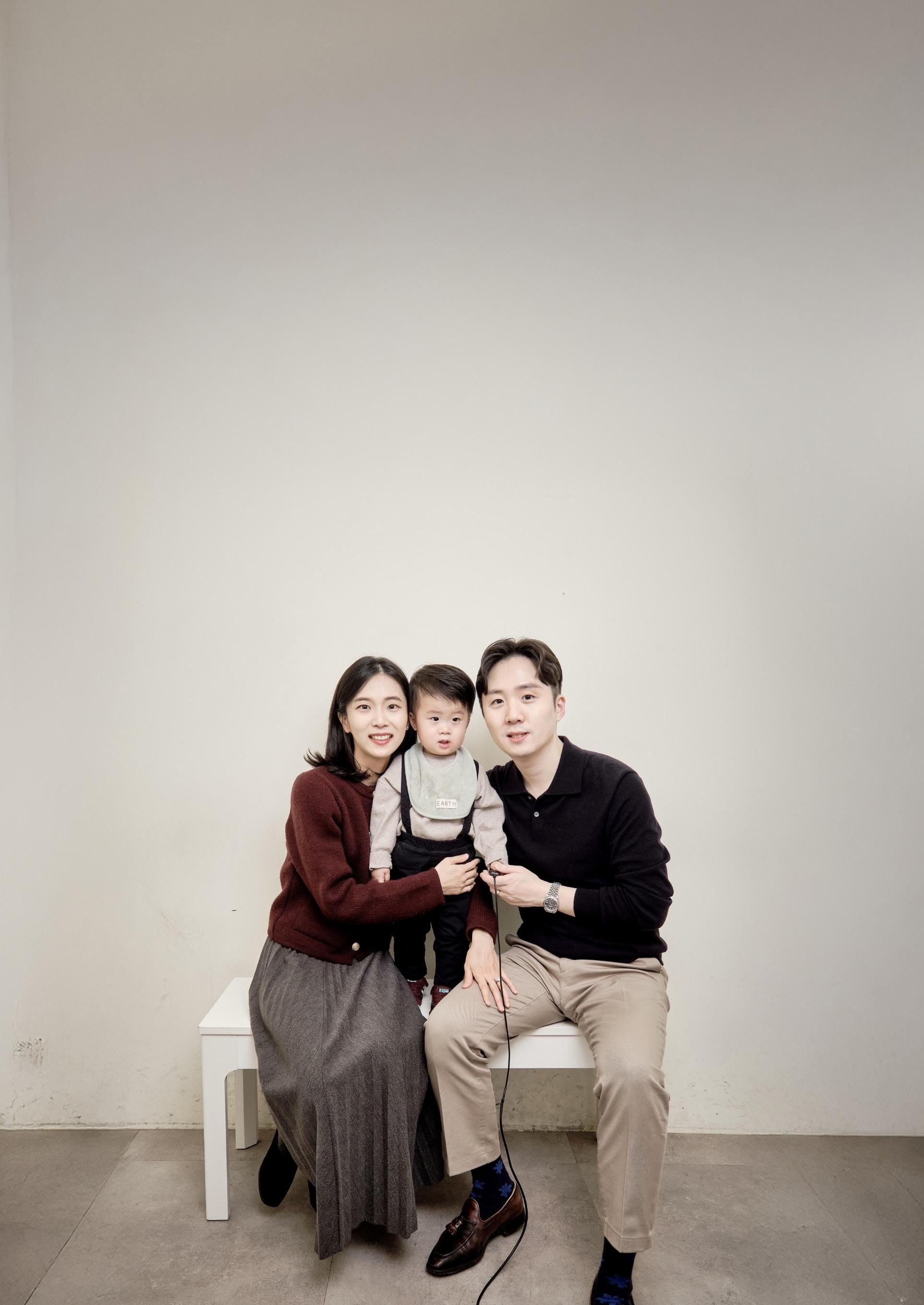
She was really my type, and I wanted to get her number, but I was shy. So I came up with a silly excuse and asked if she was from HASS. When she said yes, I told her I was tutoring someone who wanted to apply to HASS but didn’t have much information, since it was still a new division. I asked if I could contact her if I had questions, and she gave me her number. I texted her to say hello, and she replied. I probably moved too quickly because I asked if we could meet in person and get to know each other. She didn’t reply after that. And that was it. For the next few years, we just vaguely knew of each other. We were not friends, and I was too embarrassed to reach out again. Things stayed that way for four or five years until I graduated and started working.

At what point did the story pick back up and turn into something more?
In 2020, I was working at McKinsey when I randomly ran into one of my hubaes from UIC, Jun Sang, who was also from the Class of 2014. We hadn’t really known each other during our time at school. He had actually found me on LinkedIn and messaged me asking for help with his consulting resume and interview prep. I met him for coffee, gave him some advice, and he later landed an internship at BCG. Some time later, we bumped into each other again, and during our conversation, he asked if I was seeing anyone. I told him I wasn’t, but I was hoping to meet someone I could build a future with.
I asked if he happened to know Jinah, and he said yes. I explained that we had met years ago, but told him not to mention anything to her, since I figured she had probably forgotten all about me. I asked if he could set up a blind date. A few days later, he called and told me he had reached out to her. He even bought her pasta to help convince her. I asked if she really did not remember me, and he assured me it was fine. So we met, both pretending we were complete strangers.
We ended up having a great conversation and realized we shared a lot in common. Not long after, we started
dating. A few months into the relationship, she asked me, “Don’t you remember me?” I tried to play it cool, but eventually I admitted that I had planned the whole thing with Jun Sang. She laughed and said she had known from the very beginning.
How long were you together before tying the knot?
We reconnected in 2020 and got married in March 2022. So, it has been about three years since we officially tied the knot, and five years if you count from when we started dating again. But if you go all the way back to 2014, when we first met at orientation, it has been a total of 11 years since our story first began.
Were there any classes you ended up taking together at UIC?
We did take some of the same classes, though we are not sure if we were ever in the same section. Most of the overlap was in Econ courses, since that was the one major we had in common. We still talk about those classes a lot. We also both studied in Songdo. I was part of the very first batch to move there in 2011, the year it opened. At the time, there were only around 400 students in total, including UIC, med, dental, and liberal arts. So we share a lot of memories from the early days of Songdo.
Is there anything about your time at UIC that you and your wife still laugh or reminisce about?
One thing we always laugh about is the “Civ” classes— Western Civilization and Eastern Civilization. They were honestly painful at the time. We had weekly readings, sometimes full books like Darwin’s Origin of Species, followed by two to three-page written reflections. My wife says Western Civ was her most challenging class, and I completely agree. But looking back, those courses really helped sharpen our thinking and logic. That kind of academic experience feels very unique to UIC. If I ever send my son to school in Korea, UIC would definitely be at the top of my list. The education here is different from that in places like SNU or KU.
Back then, Civ classes were taught by a rotation of professors. We had Professor Denton one week and Michael the next, each bringing their own expertise. I still remember Professor Denton playing piano in the middle of a lecture. He was talking about Martin Luther King and the Crusades, and suddenly started playing a piece that tied into the lesson. That interactive, memorable teaching is something I really loved about UIC, and it is still part of what makes the program special.
Were there any professors who left a lasting impression on both of you?
Professor Hyun Sang Kim definitely comes to mind. He actually came to our wedding. When we attended the UIC career fair last year, he greeted us warmly. Our one-yearold son came with us too. It was a really sweet moment. He seemed genuinely happy to see a UIC couple there with a baby.
Are there any classic campus couple moments you wish you had shared?
Yes, we talk about that all the time. Things like studying together in 중도 (Central Library), pulling all-nighters, or spending more time on campus as a couple. It sounds cliché, but it is something we always imagine. I even asked her once, if we had been dating back then, and I had to go to the military, would she have waited for me? She said yes without hesitation. We also talk about how dating in Songdo would have been really special. It was such an isolated and quiet place at the time, and it would have felt like we only had each other to rely on.
Do you have any date spots around Yonsei that you would recommend?
Okay, full disclosure. I did not go to these spots with my wife, just putting that out there before I get in trouble. These are just scenic spots, not part of my romantic history. That said, Nocheon Geukjang (노천극장) is a great place, especially at night in the spring. It’s quiet and peaceful; if the sky is clear, you can sometimes see the stars. The rooftop of Chiwon Hall is another nice spot with a great city view. Near the Sinchon campus, Doksuri Dabang Café (독수리다방) is one of my favourites. When we were dating, my wife and I went there often to relax and enjoy coffee together.
These days, we often walk around campus with our son, especially in the spring and autumn. We take him to see the cherry blossoms and always stop by our favourite sandwich place, Lord Sandwich. It has become a little family tradition and a way for us to relive some of those memories.
What would you say to current UIC students or graduates thinking about reconnecting with someone from their college days?
Be more active. Do not be shy like I was. If I had not taken that chance, I would not have met my wife, and my son would not be here today. That is something I am genuinely proud of. Also, I have noticed that we do not really do reunions the way KU folks do. It would be great if UIC organized more mingling events or alumni gatherings. You never know, someone you once saw as just a friend might turn out to be something more.
Is there anything you wish you could tell yourself during your time at UIC?
I would tell myself, you are doing fine. Do not worry too much. At the time, everything felt like a failure; my GPA was not great, I was struggling to land internships, and I even got ignored after asking for my wife’s number. But looking back, those moments were not failures. They were efforts. They were dots you were connecting. You just could not see the full picture yet. But you were building it, one piece at a time. And now, I am genuinely happy with how things turned out.
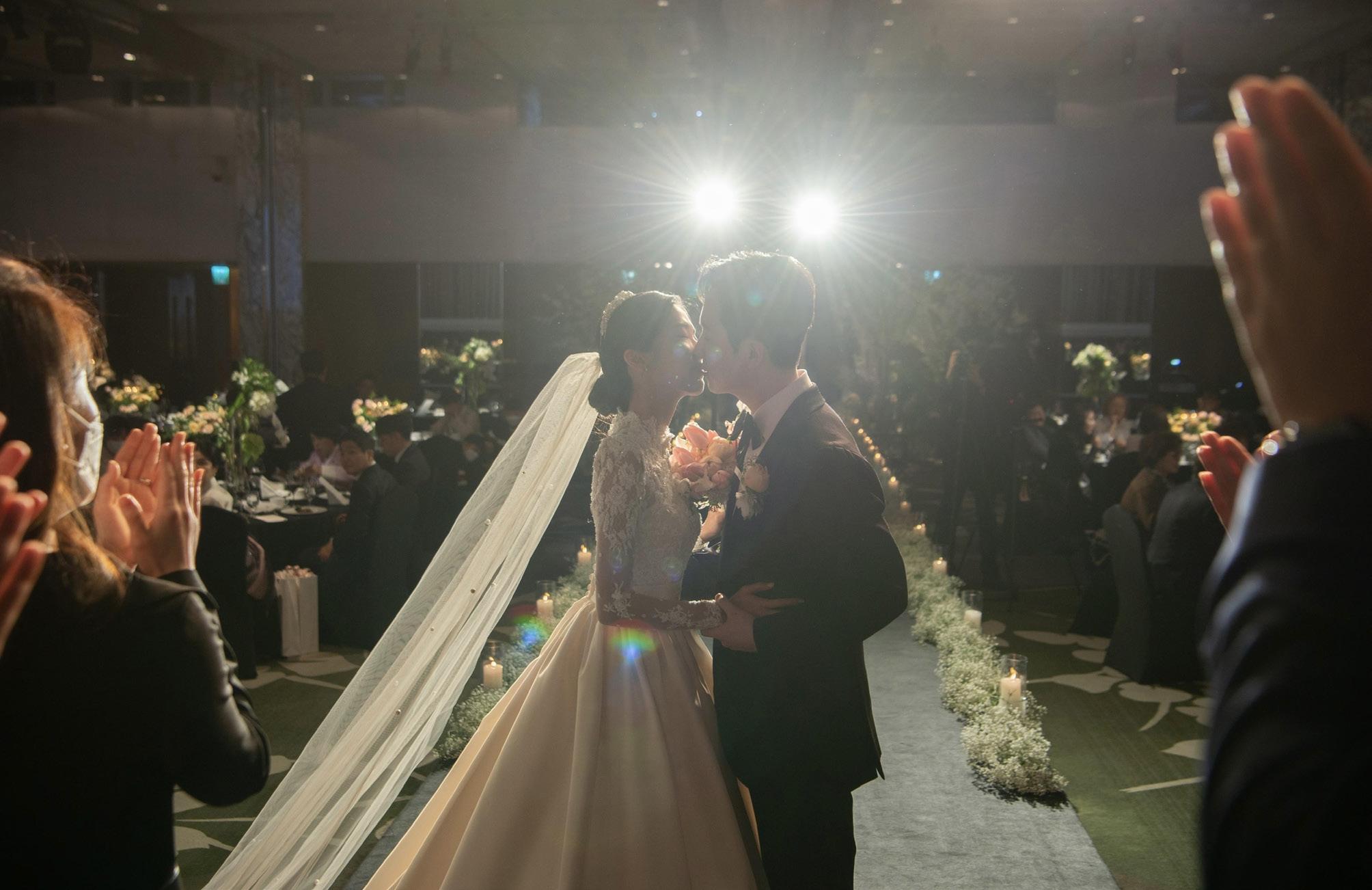
As Underwood International College (UIC) achieves a new milestone with its 20th anniversary, we are reminded of the people who have moved on from their journeys and how they still contribute to our campus’s legacy today. One of those people is Han Kuhm Lee, also known as Max Lee (IS, ’09), the current head of the UIC Alumni Association (UICAA). We sat down with him to ask about his role as president, challenges in leading the UICAA, the future of the association, and any advice to give to soon-to-be alumni.
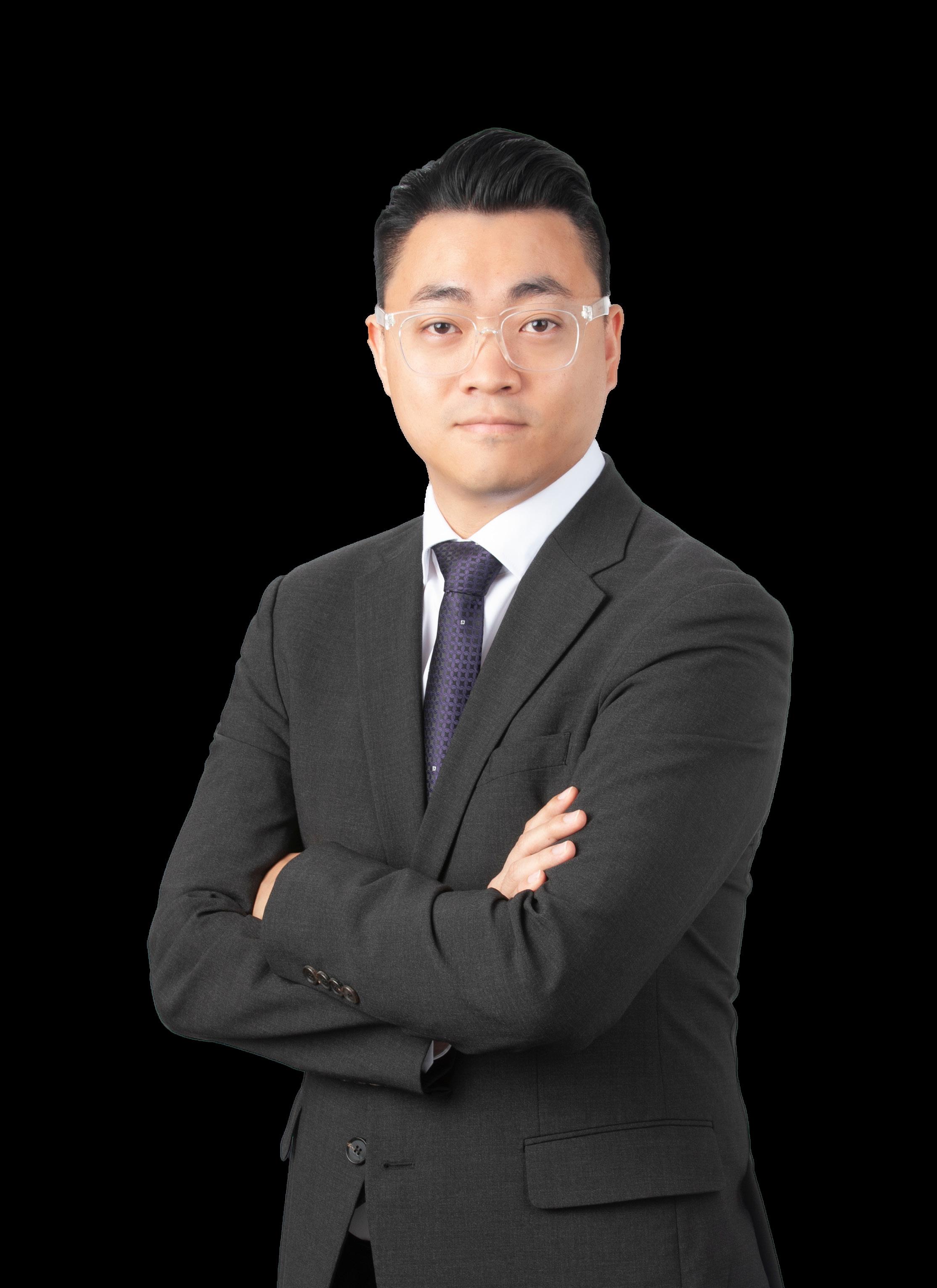
“Opportunities
Would you mind giving us a brief introduction?
I am Han Kuhm Lee, better known as Max. I majored in International Studies, and I am from the class of 2009. After graduating in 2013, I served in the military as an officer in the ROK Marine Corps. I was the first UIC-ian Reserve Officers’ Training Corps (ROTC) officer cadet for two years. Then, I acquired my Juris Doctor degree at Handong International Law School and my L.L.M. (Master of Laws) degree at Georgetown University Law Center prior to passing the California bar exam. I built most of my legal career at Korean and global law firms until I joined Mirae Asset Securities as their legal counsel last year. I have also been heading the UIC Alumni Association for the last five years and am now preparing to hand over the responsibility to my successor-to-be.
Please walk me through your role as the UAA president. What are your primary responsibilities?
As president of the UIC Alumni Association, my role focuses on leadership, engagement, and sustainability. I serve as a bridge within the alumni network and between the alumni, the school, and the students of UIC.
As an international college with students spread across the world, uniting alumni to stay connected through events and opportunities must prove to be quite difficult. Have you experienced any difficulties in your role as president, and how did you overcome them?
The challenge has been real, especially since I took on the role amid the COVID-19 pandemic. It was physically impossible to organize in-person events during the first couple of years in Korea, let alone the global network. As a result, the Alumni Association had a very slow start since I took on the position. I simply tried to keep in touch with as many alumni as possible on a personal level during that time. Even then, UIC frequently held events online and invited alumni, and I assisted whenever and however I could. Collaborating well with the Dean and the UIC Office has been critical.
Another challenge is that we are relatively young, which is a good thing in general! Every single one of us is running toward our peak. It is always difficult for alumni to dedicate personal time to the alumni network, so we do this purely out of our love for our alma mater. I am forever grateful to all the alumni who have shown support.
What are some of your favorite parts of managing such a diverse body of alumni at UIC? Have there been any experiences you think are uniquely tied to UIC’s nature as a global institution?
Given the rapid growth in the scale of UIC since I graduated, our alumni network has been growing exponentially. I enjoy the moments when I encounter UIC alumni in the outside world—at work, across the table, through the media, or simply mutual connection. The vast majority of such encounters show me that UIC alumni are really utilizing their global background. The Korean market has a definite need for high-caliber talents with global sensibilities. There is no other institution like UIC that provides for such needs. It is also very encouraging that our alumni are generating success stories abroad. I am confident that you can find a UIC alum in cities known for international business within large-scale firms.
Looking to the future of UAA, what are some new priorities you would like to focus on as the president?
As a relatively young alumni community, the UICAA, just like UIC, is full of potential. I anticipate seeing more activities happening on all scales, for example, events organized by class, major, division, and country. Now is the time to focus on laying the groundwork, such as making and maintaining a comprehensive network database.
What advice would you give to future or freshly graduated UIC alumni who are just beginning to forge their career paths?
Opportunities come in all forms, but only to those who seek them out. The UIC alumni network could be a way for you to get in touch with alumni in your desired fields, so do not be shy to reach out and network with us. Feel free to communicate any ideas you may have for the UIC community, and I look forward to seeing you all in future UICAA events.
The UIC community proudly celebrates the recent accomplishments of its faculty, students, and alumni, reflecting their ongoing dedication to excellence in teaching, research, and global engagement.
Presented by the President of Yonsei University, the Outstanding Teaching Award honors faculty members for their excellence in pedagogy and dedication to student learning during the 2024 academic year. The following professors have been recognized:
• Prof. Howard Kahm (Common Curriculum)
• Prof. Michael Michael (Common Curriculum)
• Prof. Bokyung Lee (HASSD)
• Prof. Jae-Yun Ho (HASSD)
• Prof. Rajkumar Patel (ISED)
• Prof. Sunglan Chung (ISED)
• Prof. Jon A. Bailey (ISED)


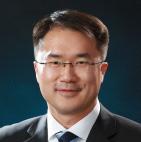


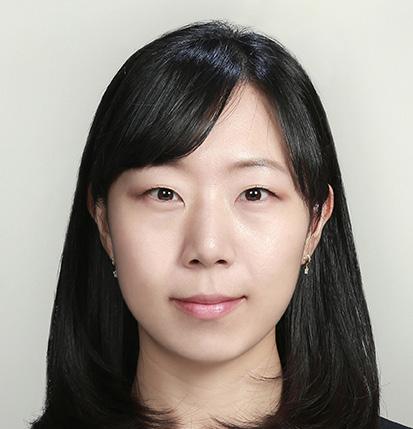

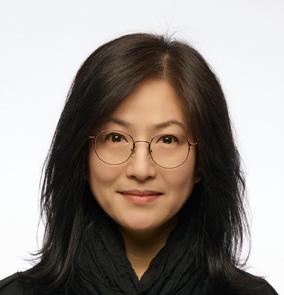

Professors Chad Denton and Jaewan Kim Awarded Seed Funding for SALVAGE Project under Helsinki-Yonsei Partnership
Professors Chad Denton and Jaewan Kim have received seed funding from the University of Helsinki–Yonsei University partnership initiative to launch a new research project titled SALVAGE (Salvage and Survival: Business History of Re-use of Raw Materials During Uncertain Times). The project investigates historical practices of material re-use during periods of conflict and scarcity. As part of this initiative, Professors Denton and Kim will host a workshop titled “SALVAGE HISTORIES: Labor, Resources, and Politics in Wartime Economies” on June 4. The event will feature presentations from Finnish scholars and UIC students, highlighting lesser-known aspects of wartime resource mobilization.
• “Rethinking Waste within Business History: A Transnational Perspective on Waste Recycling in World War II,” with Heike Weber, Business History, Special Issue, 2022. https://doi.org/10.1080/000767 91.2021.1919092
• “Veterinary Collaboration and Modernization in the French Animal By-Products Industry, 1940–1944,” The Historical Journal (2024): 1–29. doi: 10.1017/ S0018246X24000530
Prof. Younah Kang
Publishes Three Papers at ACM CHI 2025 with Georgia Tech and Oxford University Collaborators
Prof. Younah Kang, Professor of Information and Interaction Design, and her research team have published three papers at ACM CHI 2025, one of the premier conferences in the field of Human-Computer Interaction. These publications, conducted in collaboration with Georgia Tech and Oxford University, explore themes of death preparation, social support for North Korean defectors, and the therapeutic potential of augmented reality.
Selected Publications at CHI 2025:
• Kwon, S., Jo, H., Ryu, S., Do, J. R., Lee, H., Lee, J., ... & Kang, Y. (2025). “Digital Legacy Systems for Young Adults: Emphasizing Relationship-Oriented Perspectives and Physical Artifacts in Death Preparation,” Proceedings of the 2025 CHI Conference on Human Factors in Computing Systems, pp. 1–17.
• Noh, H., Jo, H., Wang, G., Van Kleek, M., & Kang, Y. (2025). “Bridging Borders, Breaking Biases: Envisioning Technologies to Support North Korean Defectors in South Korea,” Proceedings of the 2025 CHI Conference, pp. 1–24.
• Noh, H., Chishti, S. M. K., Jo, H., Newhouse, N. I., Kim, S., Van Kleek, M., & Kang, Y. (2025). “CounselAR: Exploring How AR Filters Facilitate Online Psychotherapy In the Wild with South Korean Young Adults,” Proceedings of the 2025 CHI Conference.


Prof. Edward Choi
Publishes Three Works on Korean Higher Education and Global Education Policy
Prof. Edward Choi has co-authored three recent publications that critically assess internationalization, organizational identity, and post-pandemic educational trends in South Korea. These works highlight Prof. Choi’s expertise in higher education policy and institutional change.
Selected Publications (2025):
• Choi, E., & Kim, T. “Internationalization of Korean Higher Education: A Critical Appraisal of Current Practice.” In Critical Intercultural Perspectives on Higher Education (pp. 99–119). Routledge.
• Choi, E., & Kim, Y. J. “Confusion in the Marketplace: A Study of Institutional Isomorphism and Organisational Identity in South Korea,” Policy Reviews in Higher Education, 9(1), 108–140.
• Kim, K. S., & Choi, E.. “South Korea’s Emergence in Post-Pandemic International Education for the U.S.” Review Global Higher Education (January 2025). https://reviewglobalhighered.blogspot. com/2025/01/south-koreas-emergence-in-postpandemic.html
Prof. Thomas Quartermain
Publishes on Historical Climatology and Receives Visiting Fellowship at Oxford
Prof. Thomas Quartermain has published “Time and the Weather: Analyzing Climatic Data from Yi Sunsin’s Wartime Diary” in Acta Koreana (Dec. 2024), offering novel insight into premodern climate narratives through historical texts. He also presented “Choson Climatic Variation as Seen in Diaries: Quantifying the Qualitative Past” at the 2025 Academy of Korean Studies in Europe. Prof. Quartermain has been awarded a Visiting Academic Fellowship to Oxford University for Summer 2025.

• Minyu Koh has been accepted into the University of Oxford’s MSt in Korean Studies for Fall 2025.
• Yoonki Lee has received 1st Place and was named Winner of the King Edward VII Prize at Oxford University.
• Jimin Nam has been accepted into the Ph.D. program in Anthropology at Vanderbilt University and is on the waiting list at the University of Chicago.
• Rabea Kahkahni has been accepted into the Ph.D. program in Chemical Engineering at Texas A&M University.

Publishes Two Articles in Leading Humanities Journals
Prof. Anthony Curtis Adler has published two significant scholarly articles:
• “Substance Abuse: Addiction and Crisis in Wittgenstein,” Angelaki: Journal of the Theoretical Humanities, Vol. 30.2 (2025), indexed in A&HCI.
• “Kant’s Transcendental Alethiology: Truth from the Critique of Pure Reason to the Critique of Judgment,” Problemi International, No. 7 (2024), published as part of a special issue commemorating Kant’s 300th birthday.
On April 23, 2025, UIC hosted an Easter celebration for faculty, students, and staff. Members of the UIC community came together to mark the occasion in a warm and joyful gathering that embraced the spirit of Easter. As part of the event, UIC’s Faith Mentor, Professor Michael Ratnapalan, shared a heartfelt message with the community.
Q: What is your primary goal as the UIC’s Faith Mentor?
A: Yonsei is a Christian institution, and as the Faith Mentor for UIC, my goal is to help strengthen our college’s Christian character. This means not only deepening students’ understanding of Christian beliefs and practices but also warmly inviting them into the spirit of Yonsei’s missionary founders.
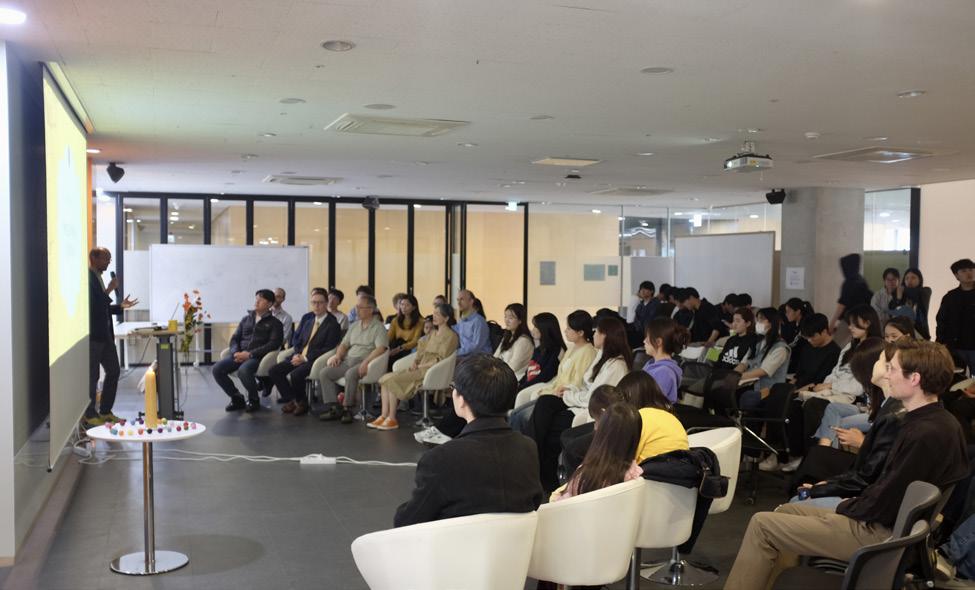
Q: Last year, you hosted UIC’s first Christmas celebration. How did that experience influence this year’s Easter celebration?
A: Last year’s Christmas celebration’s warm and inclusive atmosphere resonated deeply with many, confirming the UIC community’s desire for spiritual and relational gatherings. Building on that momentum, we expanded this year’s Easter celebration and connected it with Professor Thomas Quartermain’s Family Community Group initiative. It was encouraging to see faculty, their families, and many students come together, giving us a sense that the UIC community had grown deeper and more vibrant.
Q: The event also paid attention to the sustainability issues. Can you tell us more about that?
A: Yes, we recognised our shared responsibility as stewards of God’s creation and made an effort to make the event more sustainable. With the generous support of our Dean, Professor Doowon Lee, we invested in reusable plates, cups, and cutlery, along with washing and drying equipment. These will serve many upcoming gatherings at UIC.
Q: What do you hope students and participants take away from these events?
A: Ultimately, we hope to play a small part in building God’s kingdom here at UIC by creating a welcoming and spiritually enriching space for everyone in our community.
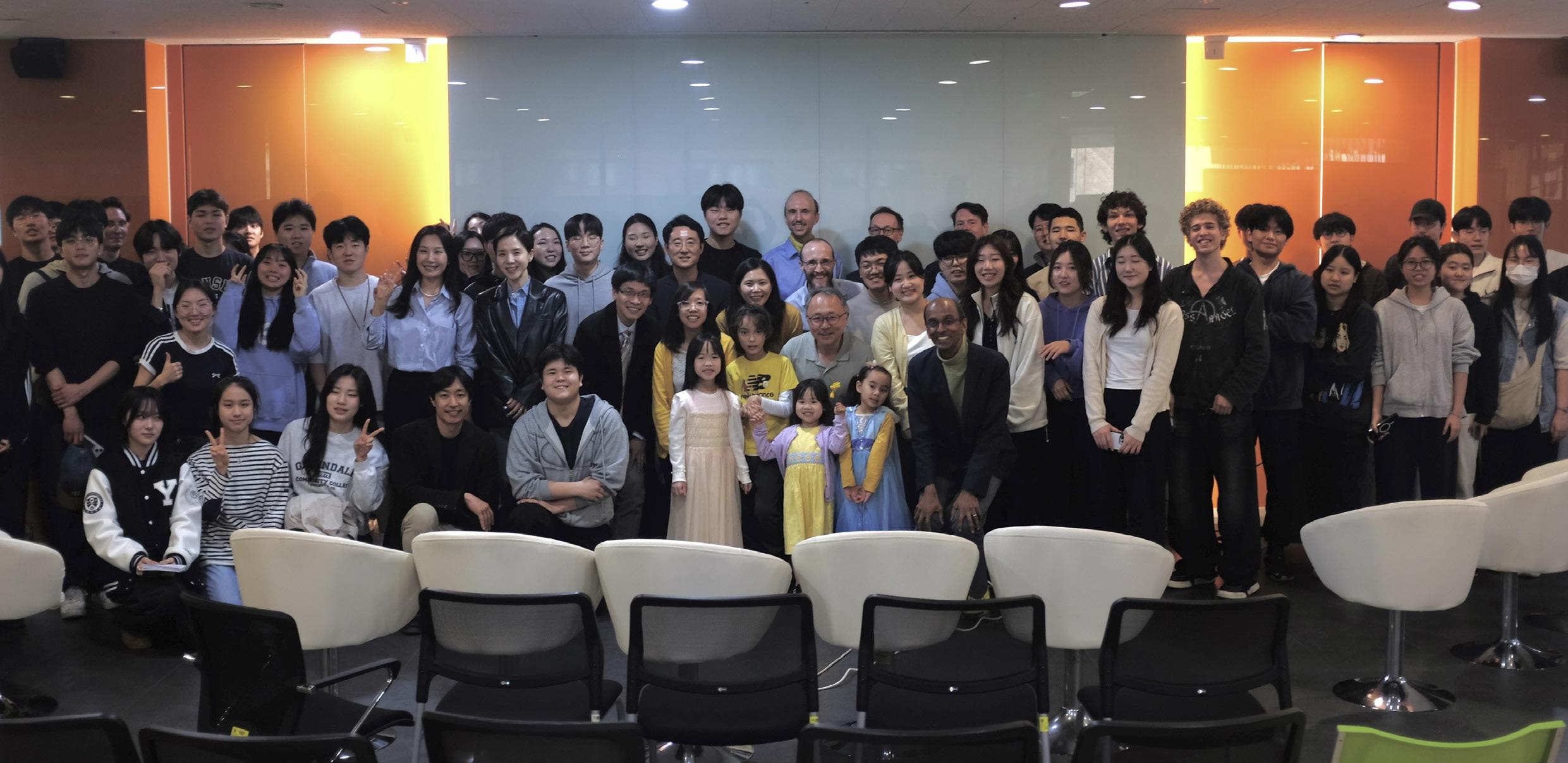
On April 25, 2025, UIC held its Spring Semester Faculty Workshop, bringing together professors across departments for a day of forward-thinking conversations. The event began with a warm welcome to newly appointed faculty members, each of whom delivered presentations on their research interests. The workshop continued with a discussion on how to celebrate UIC’s 20th anniversary successfully and meaningfully.
The day concluded with a scenic hike up the Ansan Mountain (안산), located right behind Yonsei’s Sinchon campus. At its summit, with Seoul’s skyline stretching into the distance, the faculty shared reflections and aspirations to carry forward UIC’s legacy and shape a bright future.
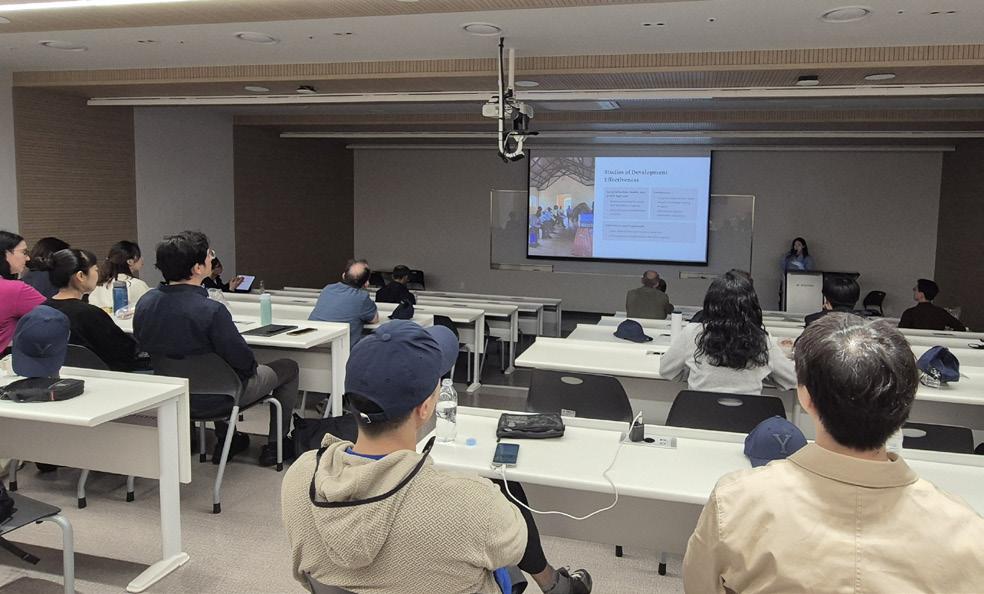
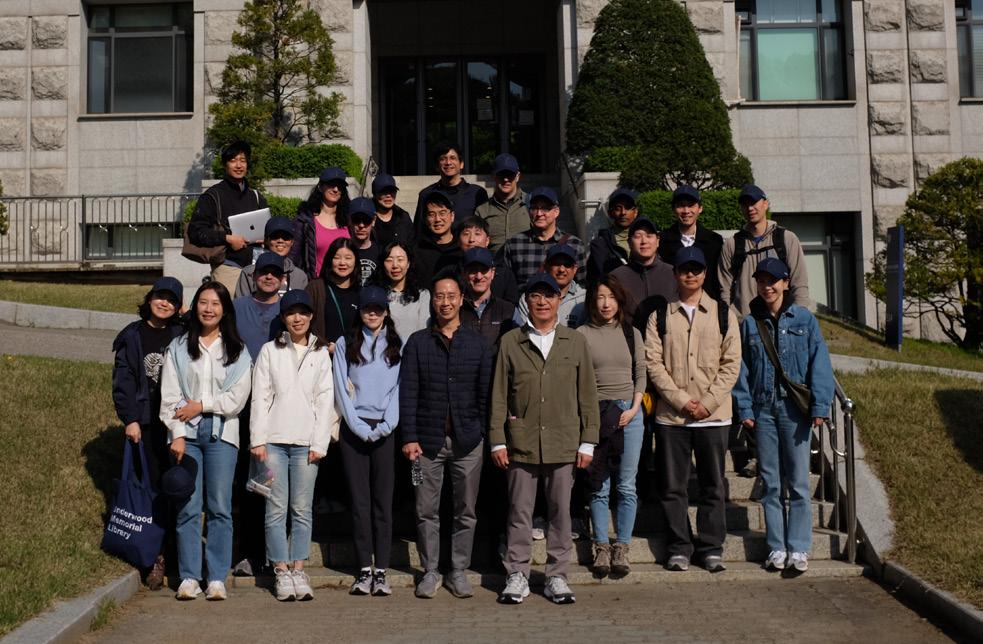
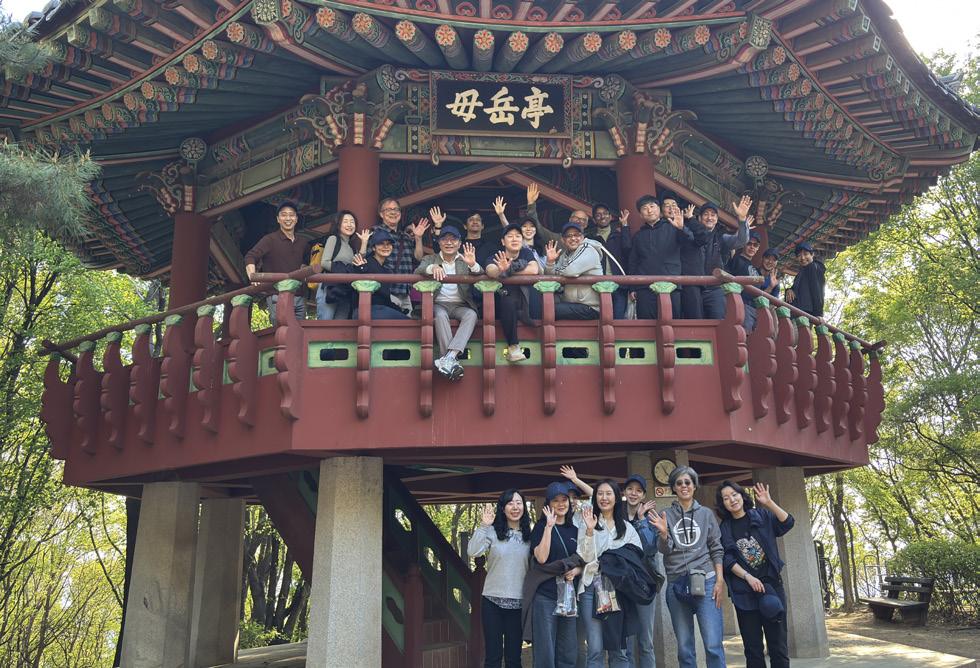
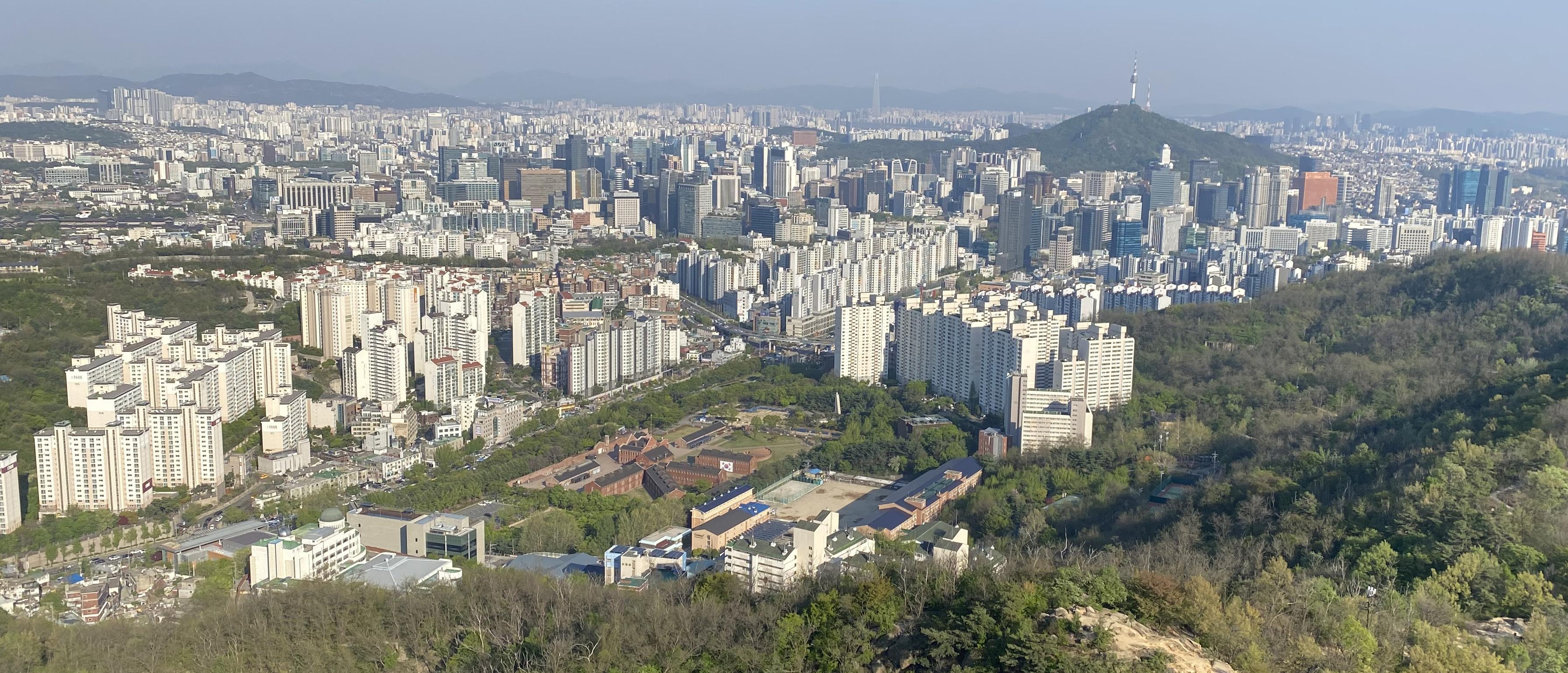
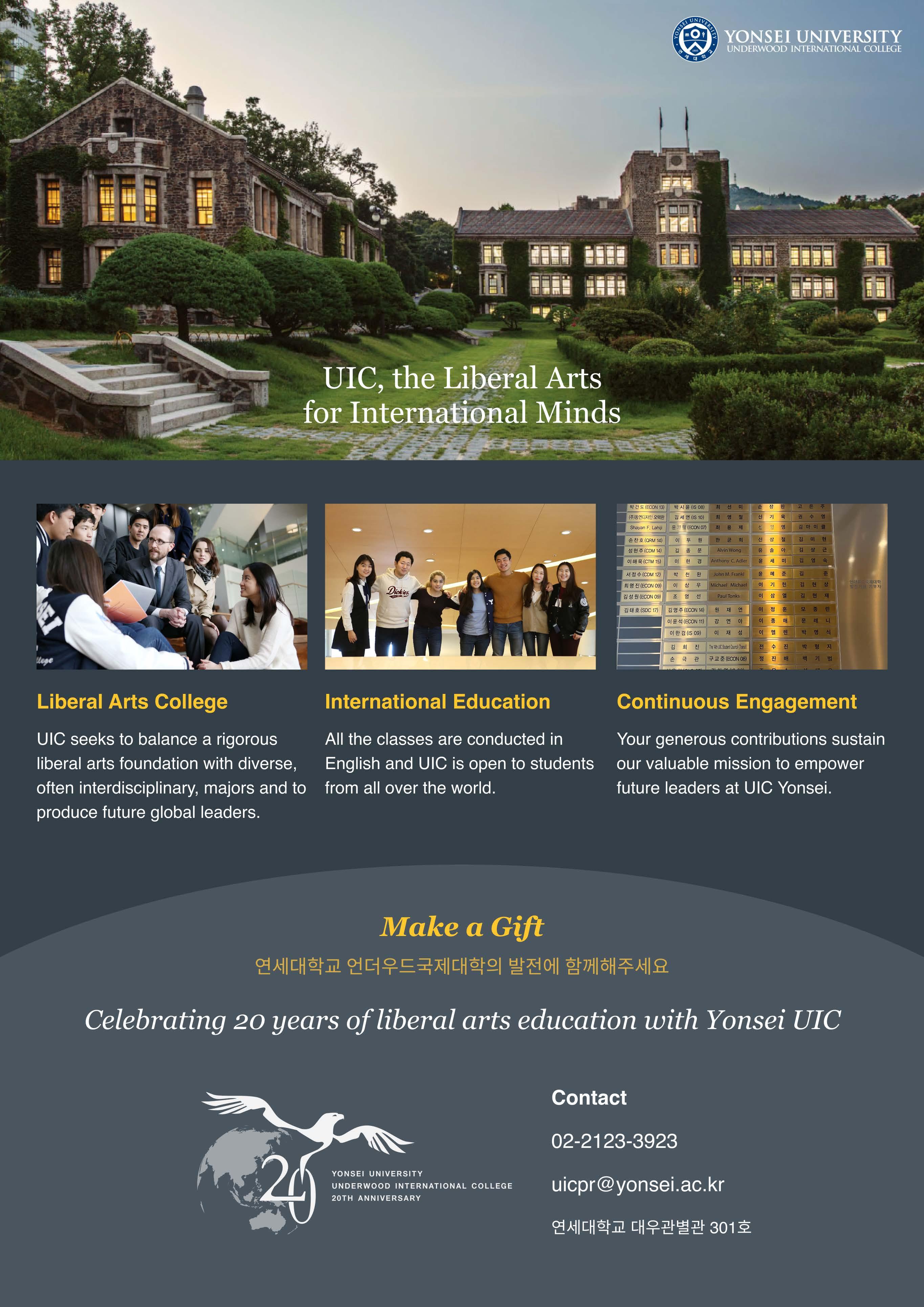
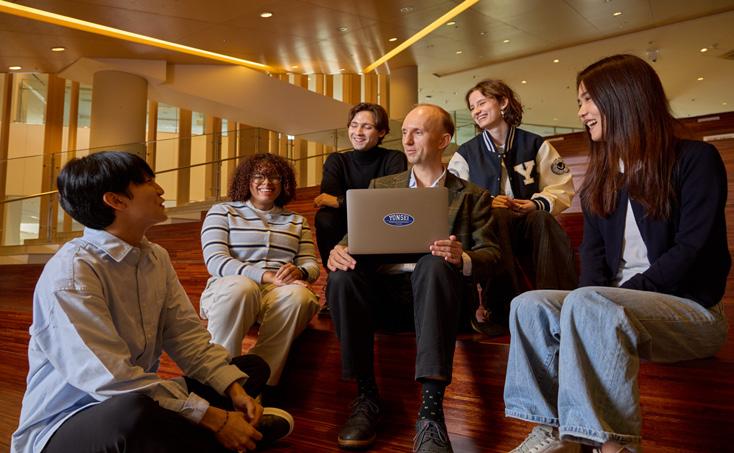
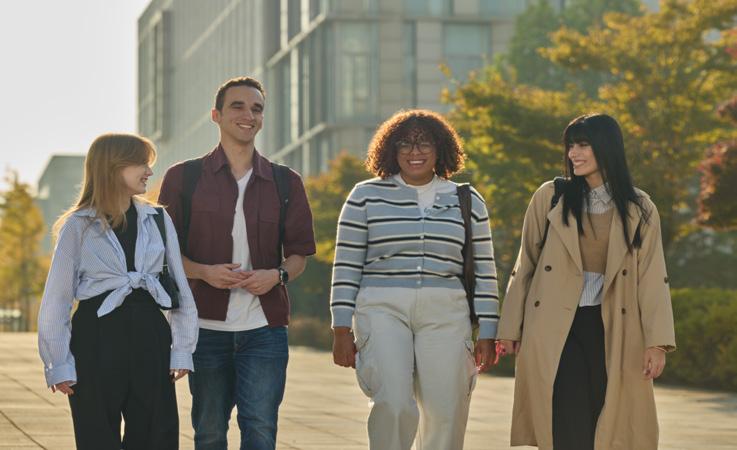
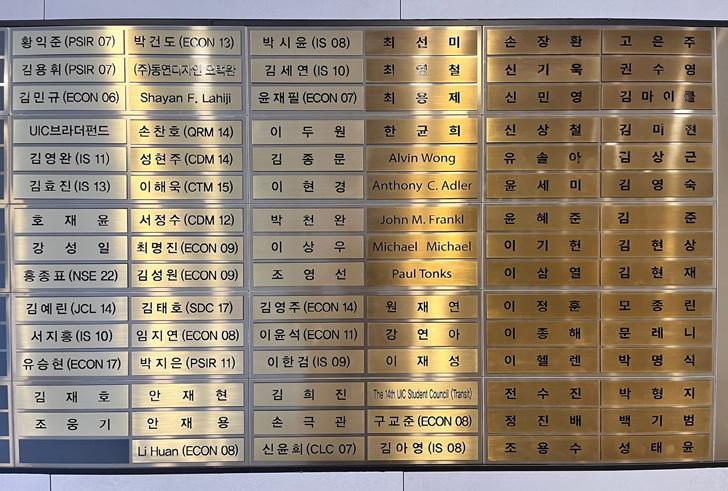




With heartfelt gratitude, we thank you for your generous support of the UIC Development Fund.
Your warm encouragement and continued belief in UIC’s mission have helped us grow and inspired a brighter future for our students. Each gift is a symbol of the strong bonds connecting the UIC community and a powerful reminder that if the UICians get together, we can make a powerful contribution.
We are honored to share the donors and their generosity continue to shape the future of UIC.
Fundraising Campaign for the 20th Anniversary
Goal : Feb. 2024 - Jan. 2026
KRW 200,000,000
Actual Accomplishment as of May 2025
KRW 114,480,000
KRW 20,000,000
Dean Doowon Lee
KRW 5,000,000
Jongmun Kim
Heejin Kim
Keukgwan Son
Jaebeom Lee
Mooheon Lee
KRW 3,600,000
Sangwoo Lee
KRW 3,000,000
Dongyeon Design
Professor Jae-Yun Ho
Hyojin Kim (IS 13)
Youngwan Kim (IS 11)
KRW 2,000,000
Jaeyong Ahn
Jaehyun Ahn
Professor Woosun Jang
KRW 1,200,000
Myungjin Choi (ECON 09)
KRW 1,000,000
Professor Hyun-Kyung Lee
Chunwan Park (ECON 06)
Youngsun Cho
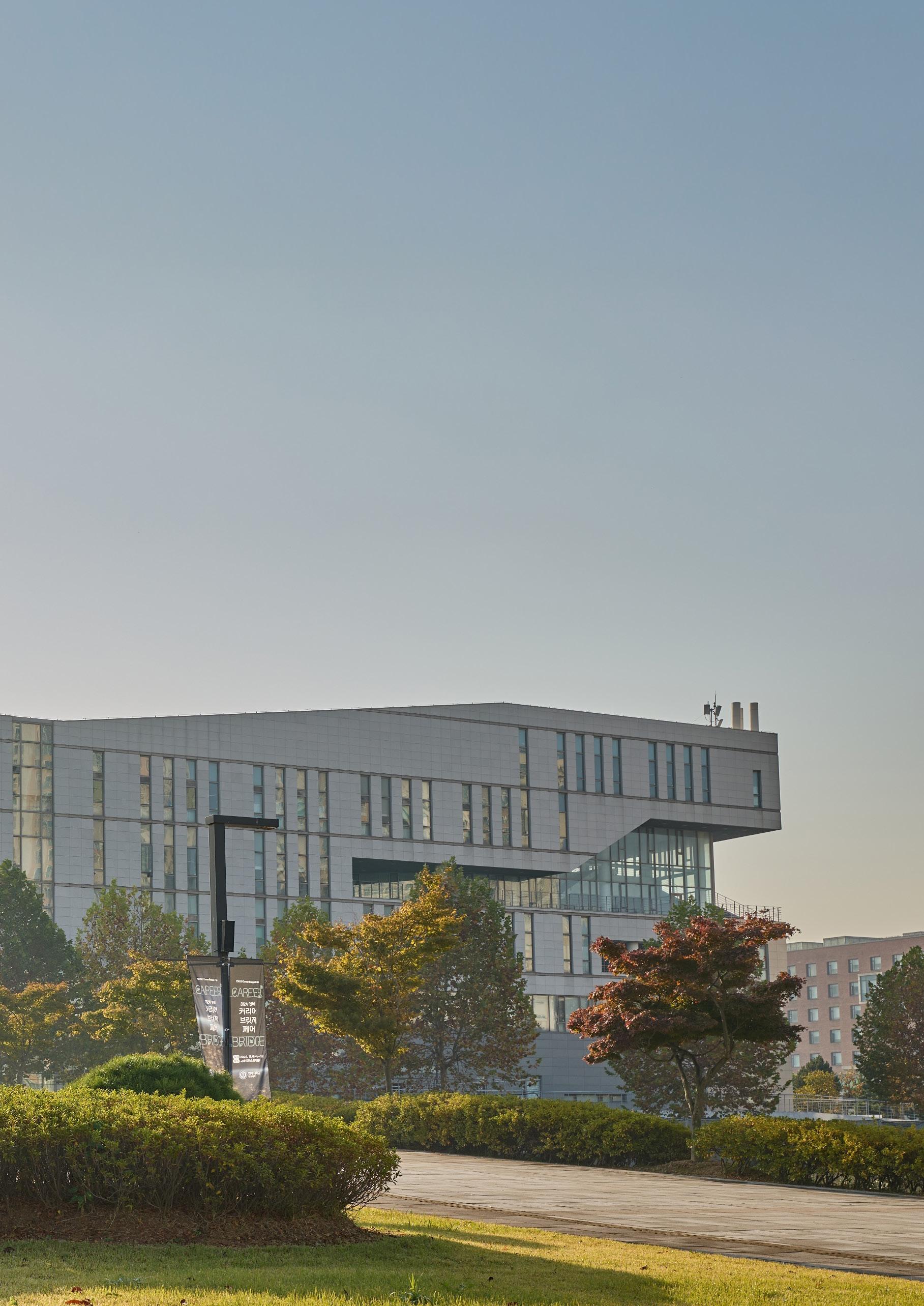
Yunseok Lee (ECON 11)
Hankuhm Lee (IS 09)
Yunhee Shin (CLC 07)
Kundo Park (ECON 13)
Chanho Sohn (QRM 14)
Fakhraei Lahiji Shayan (LSBT 09)
Hyunjoo Seong (CDM 14)
Haewook Lee (CTM 15)
Jungsoo Seo (CDM 12)
Seongwon Kim (ECON 09)
Taeho Kim (SDC 17)
Jiyoun Lim (ECON 08)
Jieun Park (PSIR 11)
Li Huan (ECON 08)
Ikjun Hwang (PSIR 07)
Yeong-whee Kim (PSIR 07)
Minkyu Kim (ECON 07)
Kyojun Koo (ECON 08)
Youngju Kim (ECON 14)
Professor Younah Kang
Jongpyo Hong (NSE 22)
Yerin Kim (JCL 14)
Jihong Suh (IS 10)
Seunghyun Yoo (ECON 17)
Jaeho Kim
Woong-gi Cho
Chanhee Lee
Kirok Choi
Professor Hee-Seung Yang
Professor Jae Hun Shin
Professor Patrick Han
Professor Samuel Lim
Professor Jiwon Kim
Professor Yoonjung Jang
Professor Michael Ratnapalan
Joonhyung Lee (LSBT 15)
Seung Hyun Song (PSIR 12)
KRW 600,000
Yeo Jung Chang (PSIR 06)
Sun Hyung Kim (CLC 06)
KRW 300,000
Sanghoon Park
KRW 200,000
Hee Won Yoo (ECON 07)
KRW 100,000
Gyuseon Park (PSIR 10)
Seong Won Song (IS 13)
Yoo Ri Shin (AS 16)
KRW 50,000
Yunjin Kim(IS 12)
Yu Jeong Hwang (AS 16)
KRW 30,000
Heedong Lee (SDC 16)
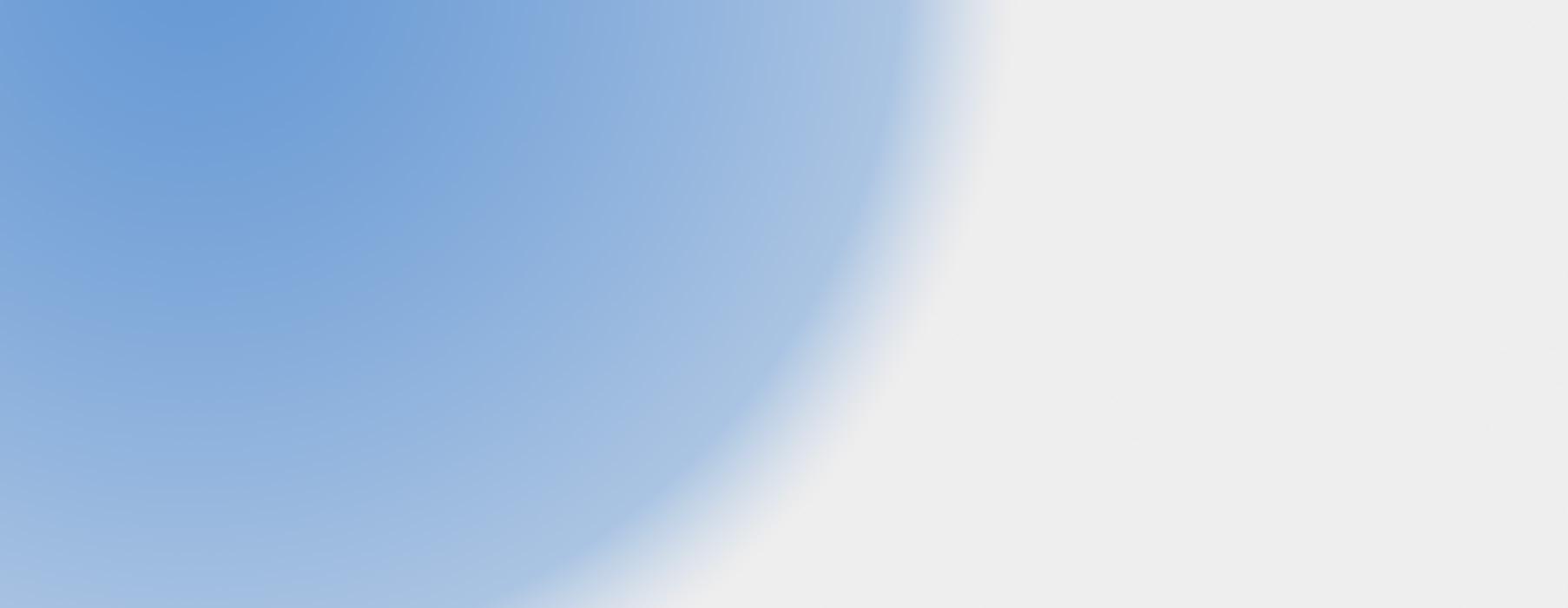
Faculty Editor-in-Chief Professor Younah Kang
Staff Advisor
UIC PR Officer Youjeong Kim
Editors & Writers Natasha Elyssa Gadjali
Jillian Wang
Humaira Hafsa Tashfee
Nicoline Dorothy Santoso
Designers
Nicoline Dorothy Santoso
Novi Sri Dewi Meslan
